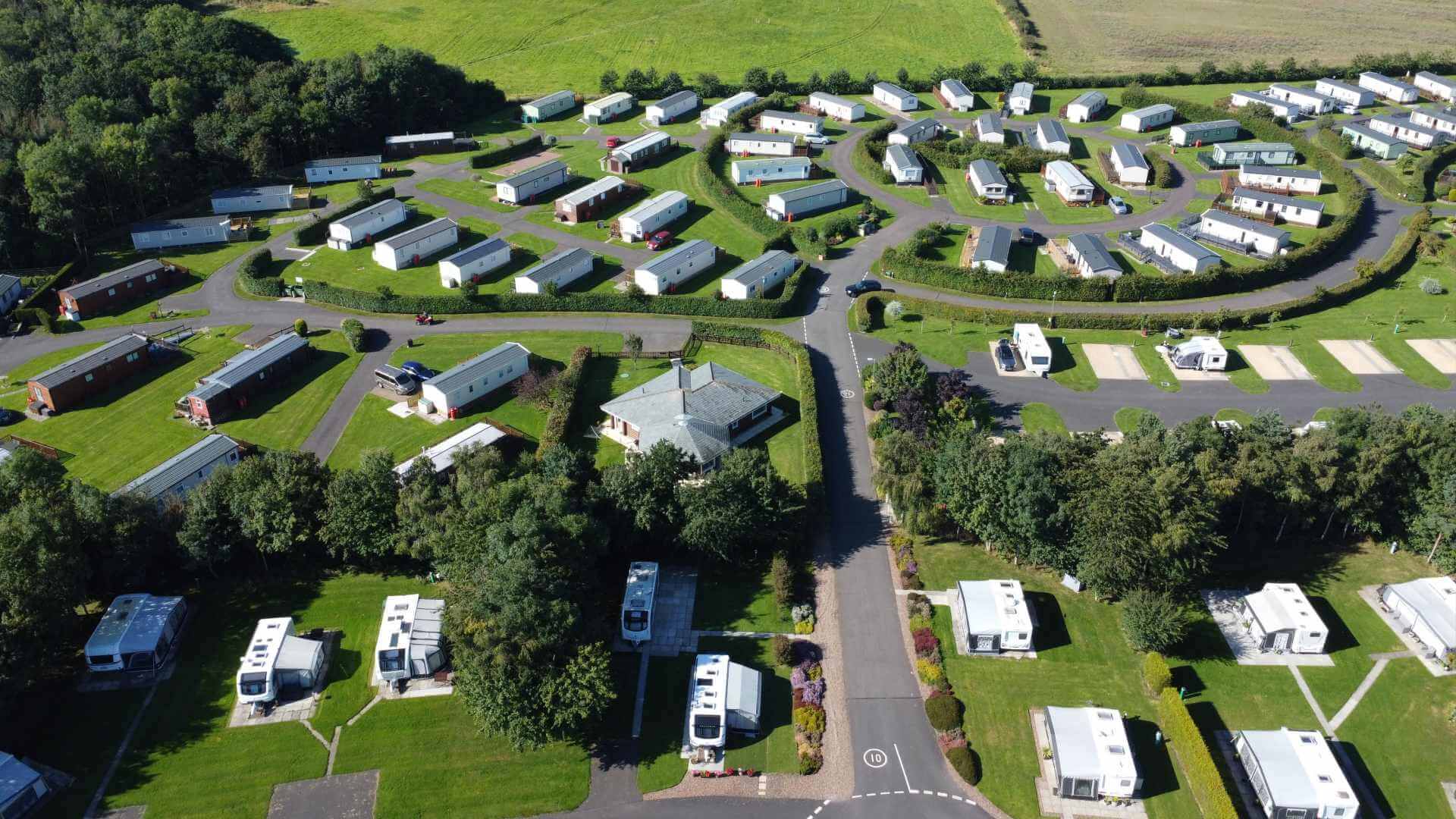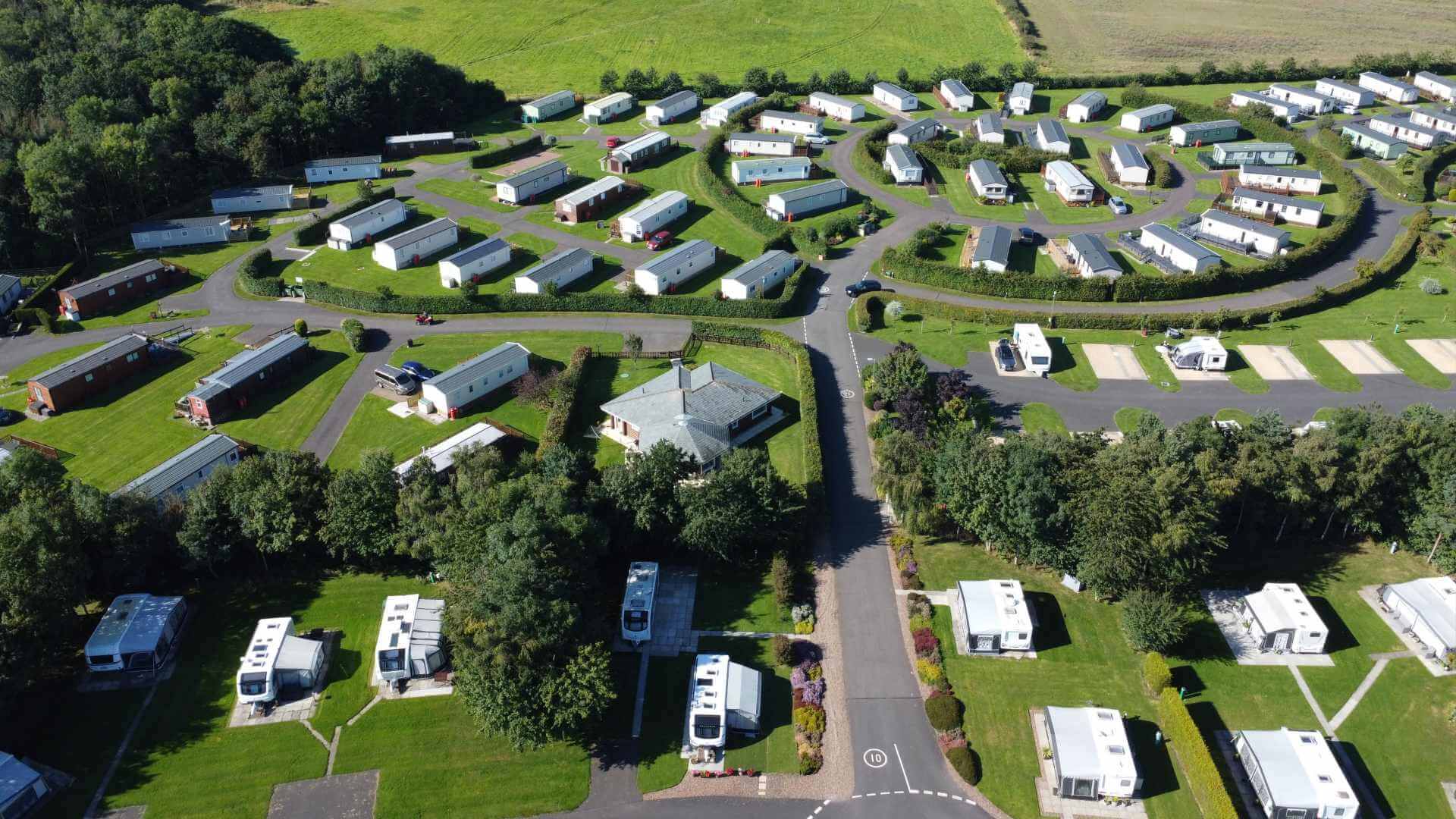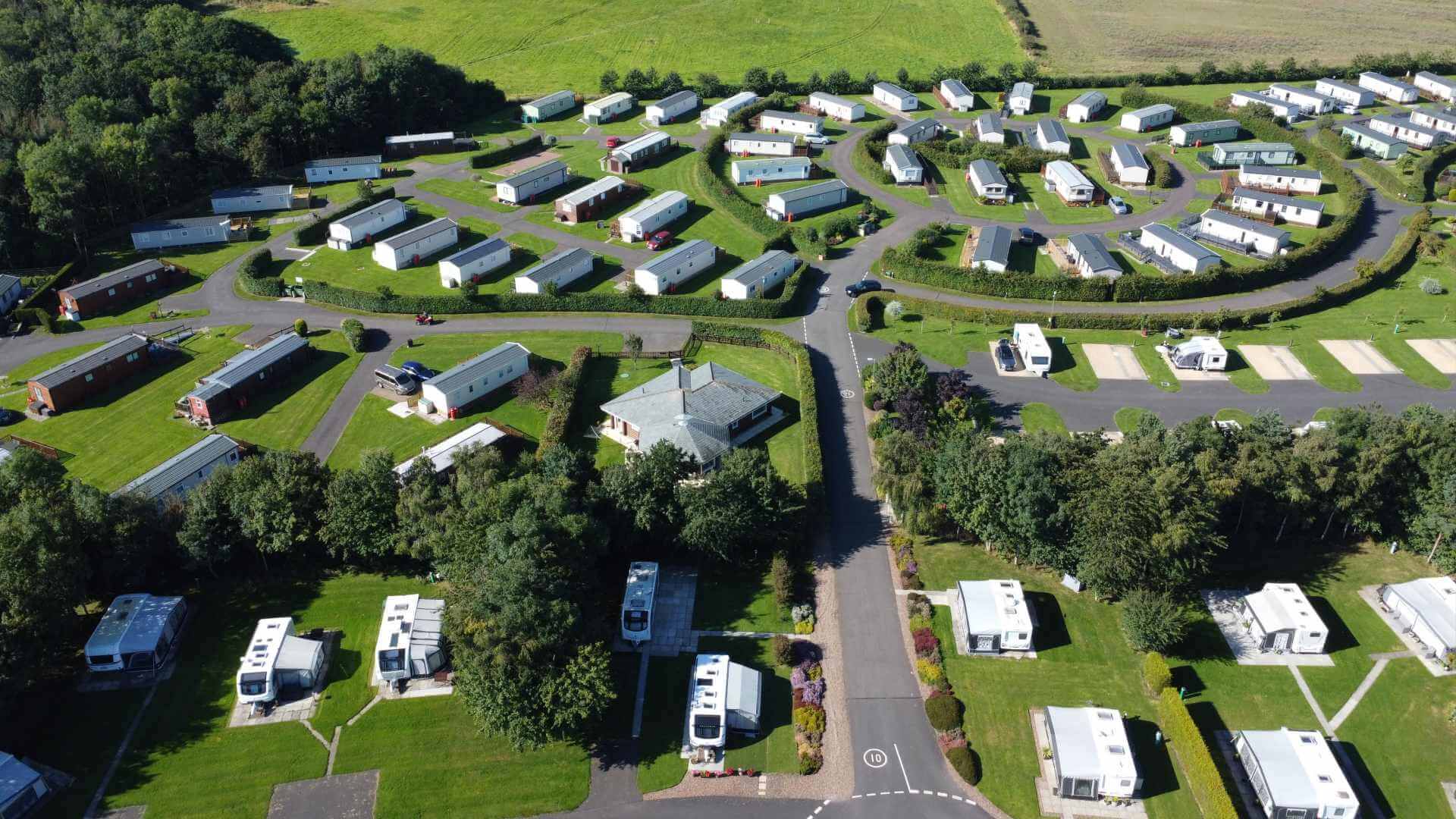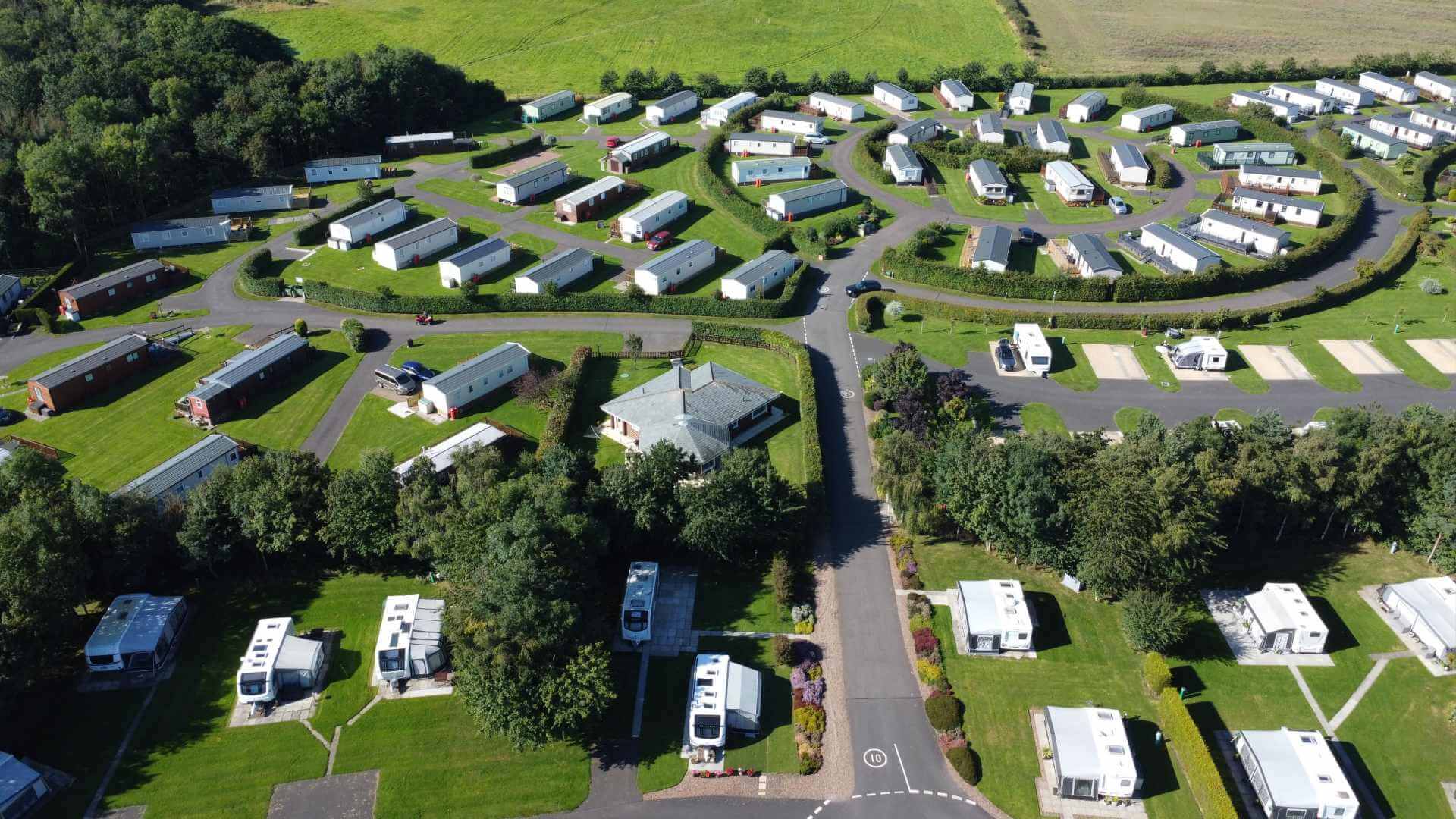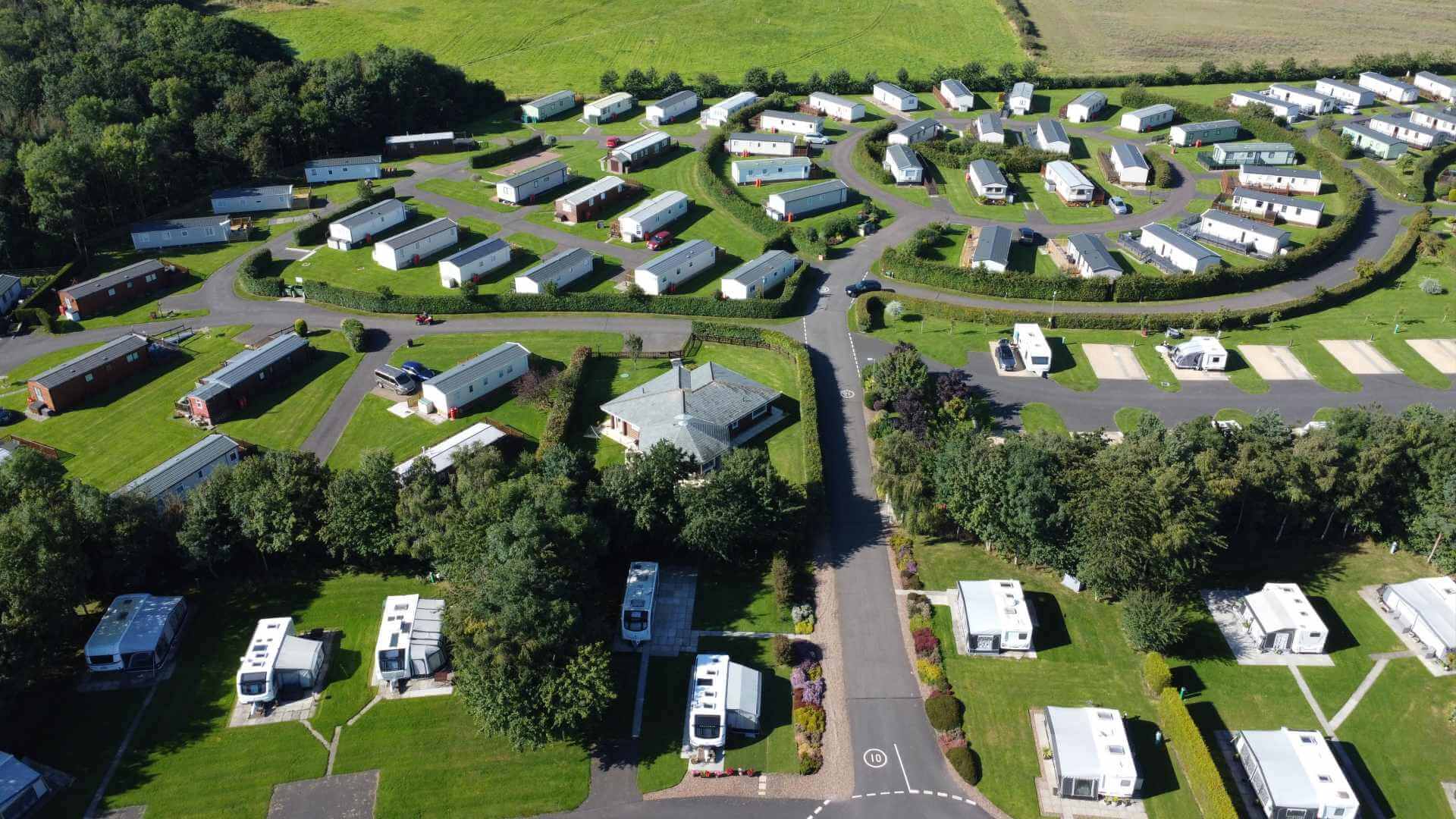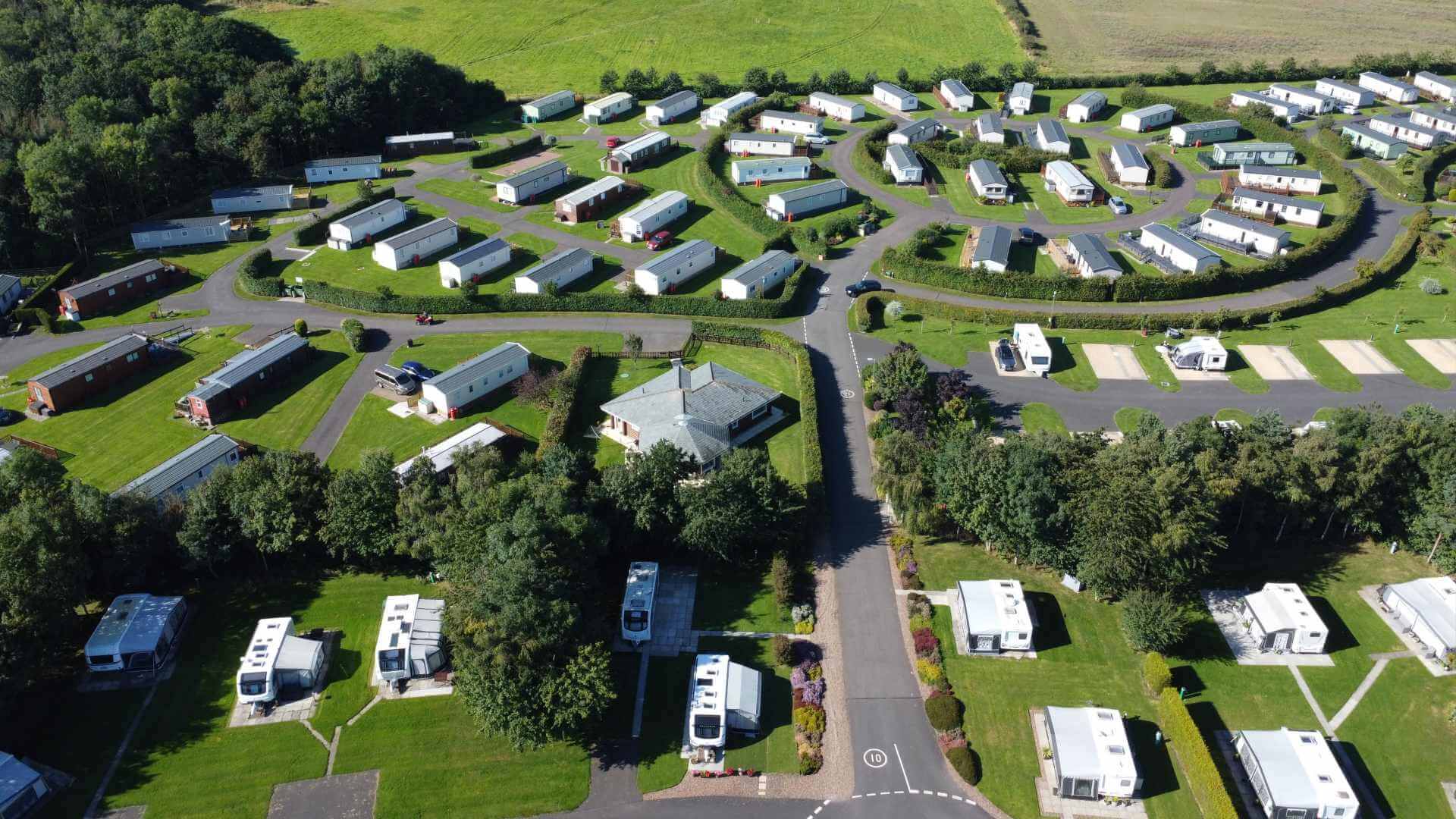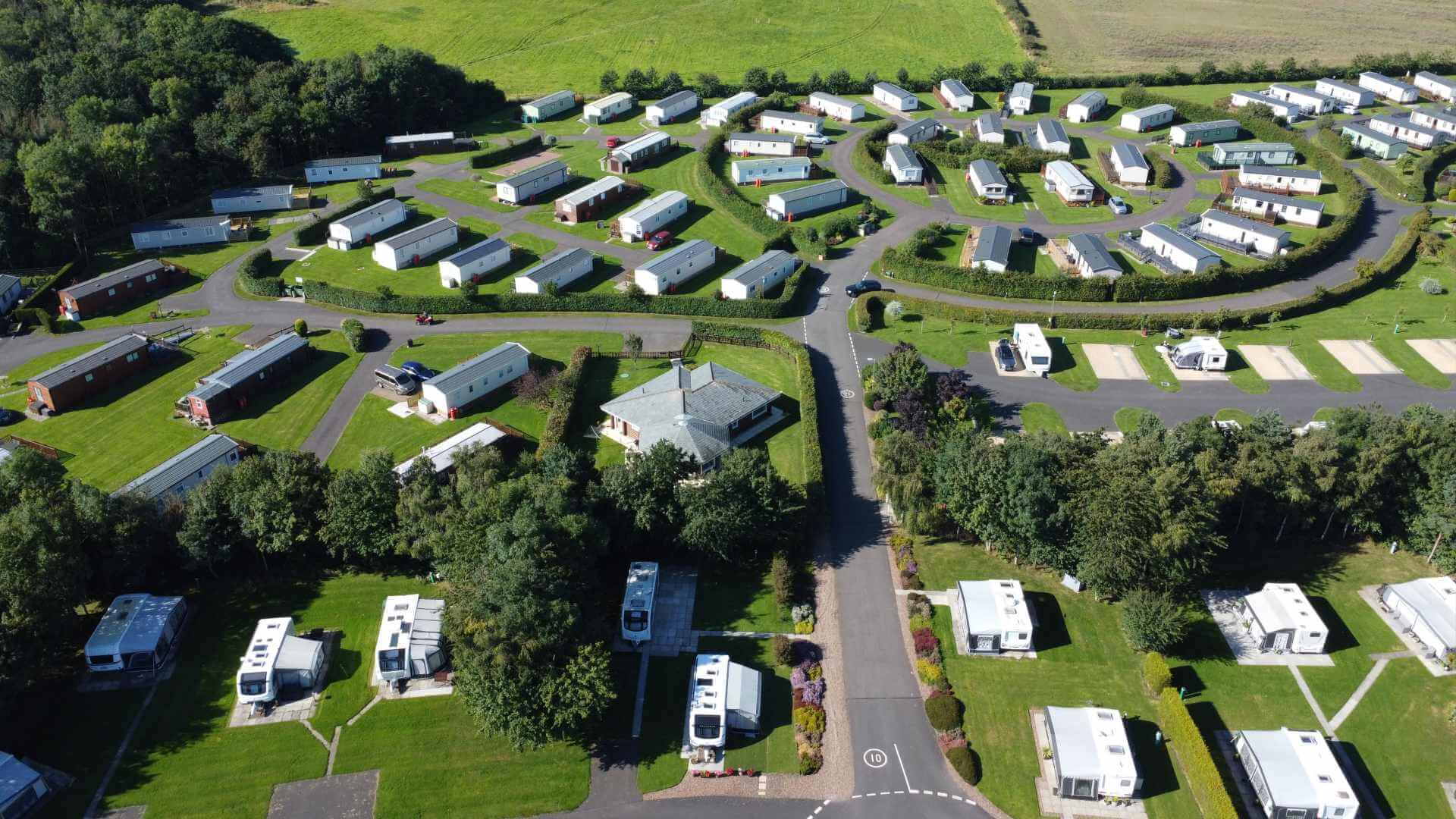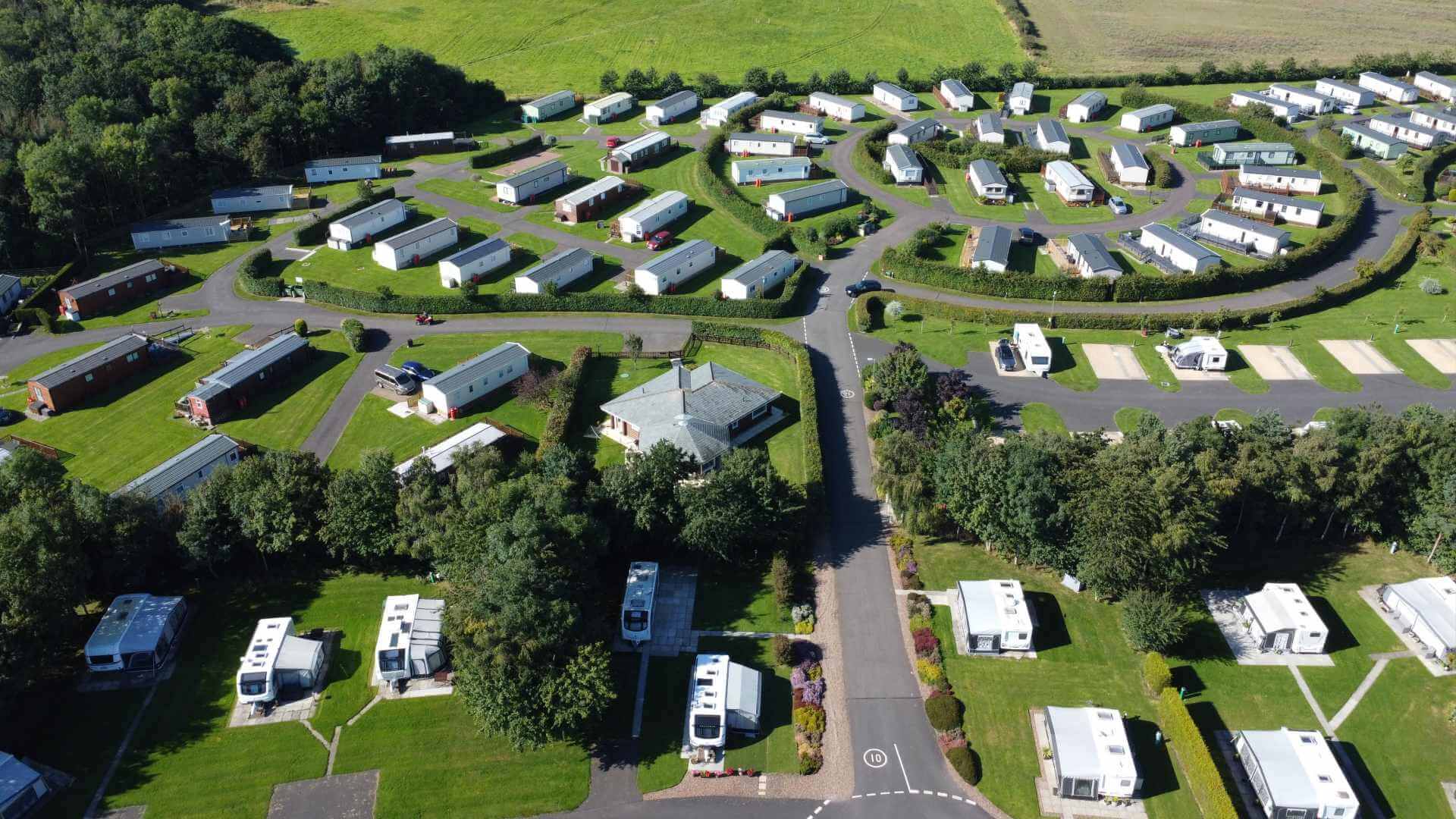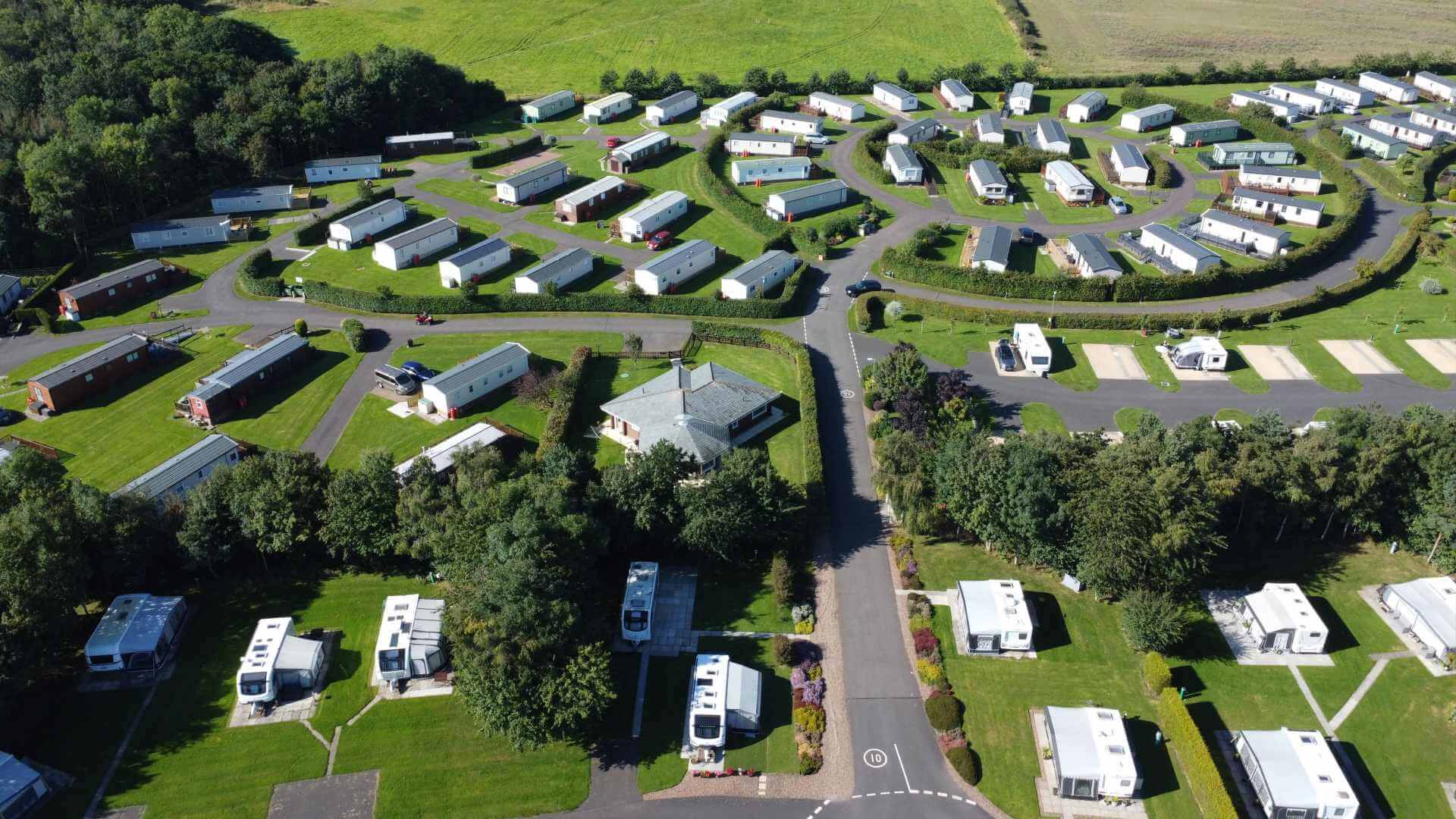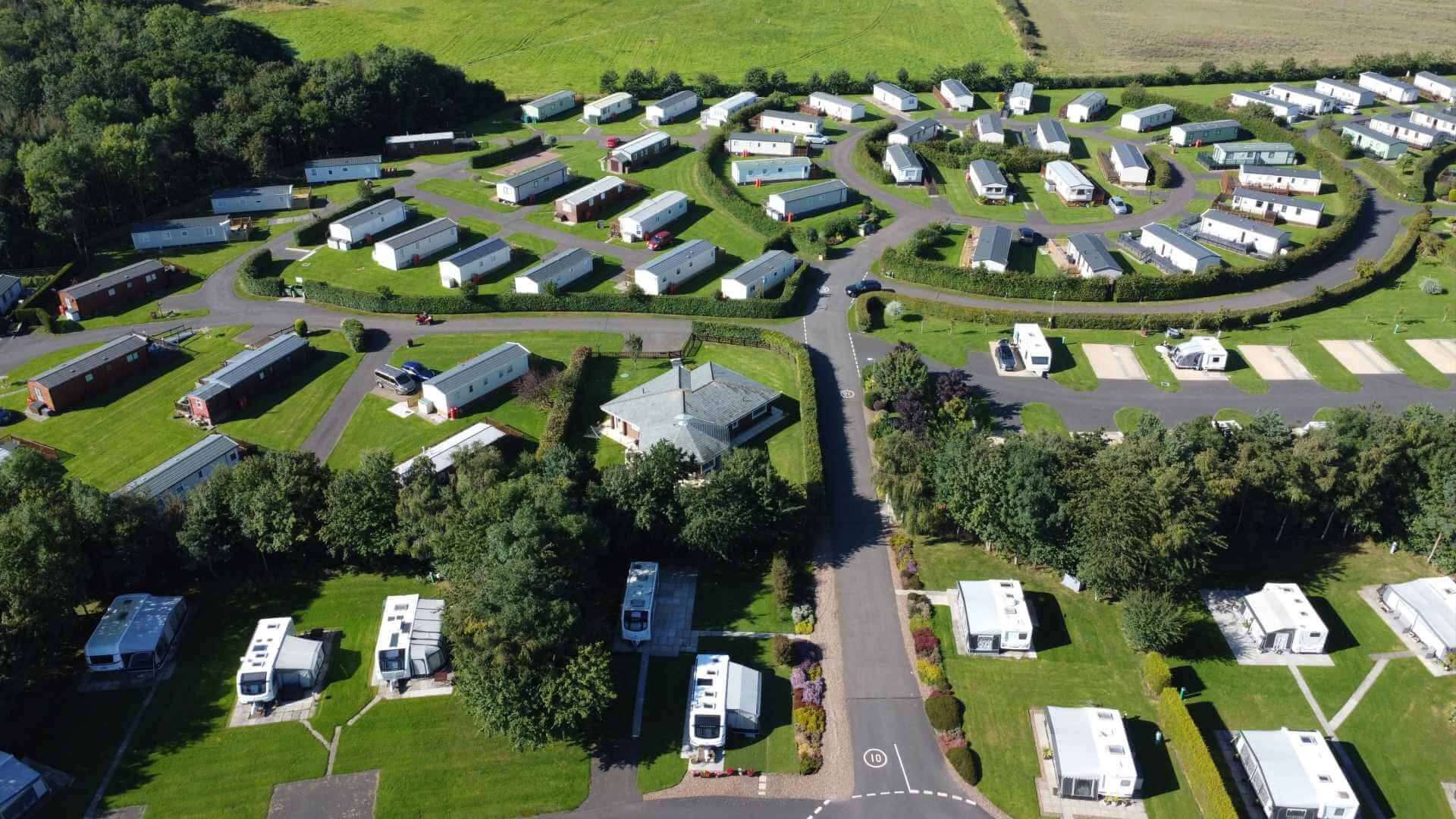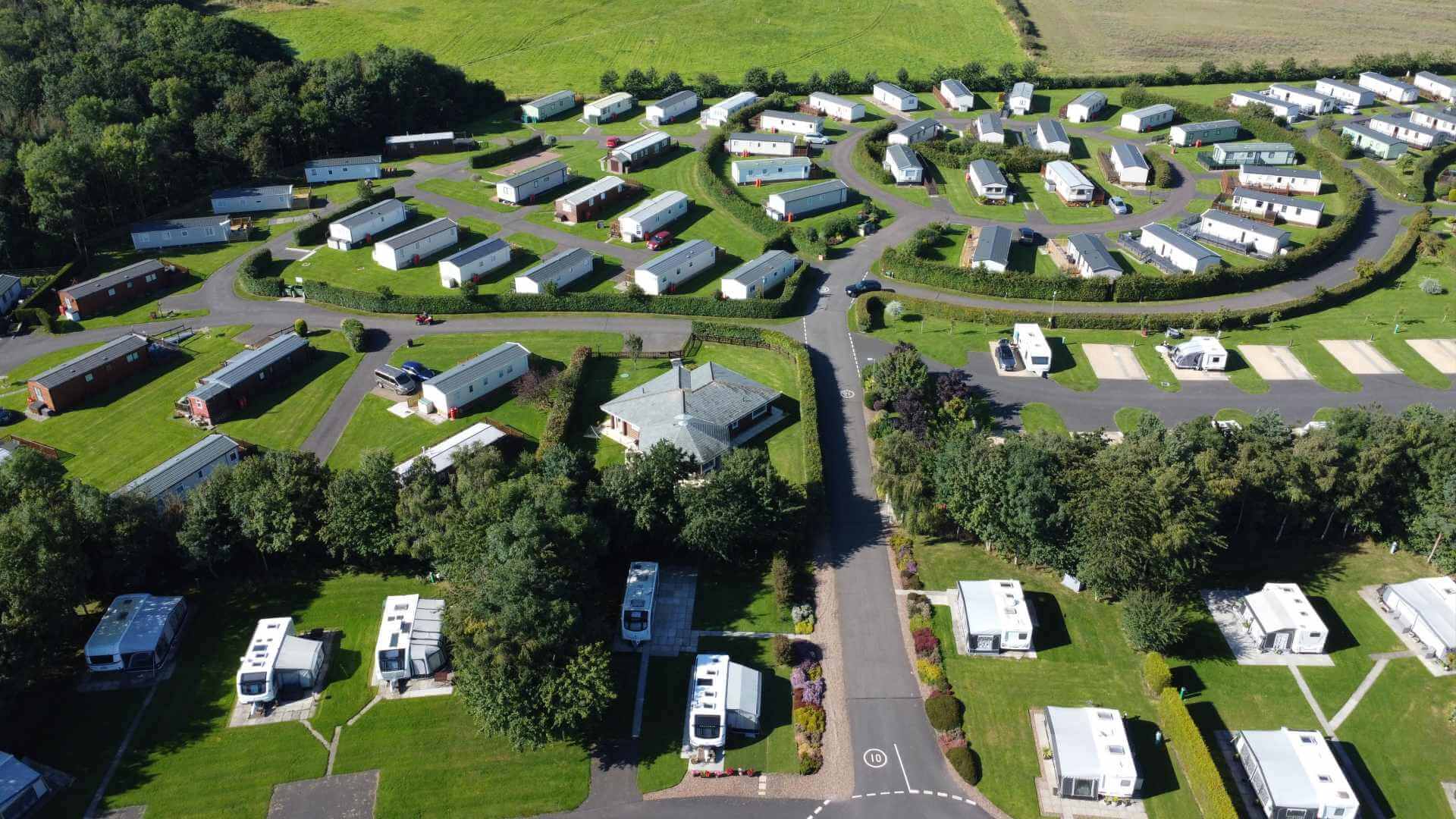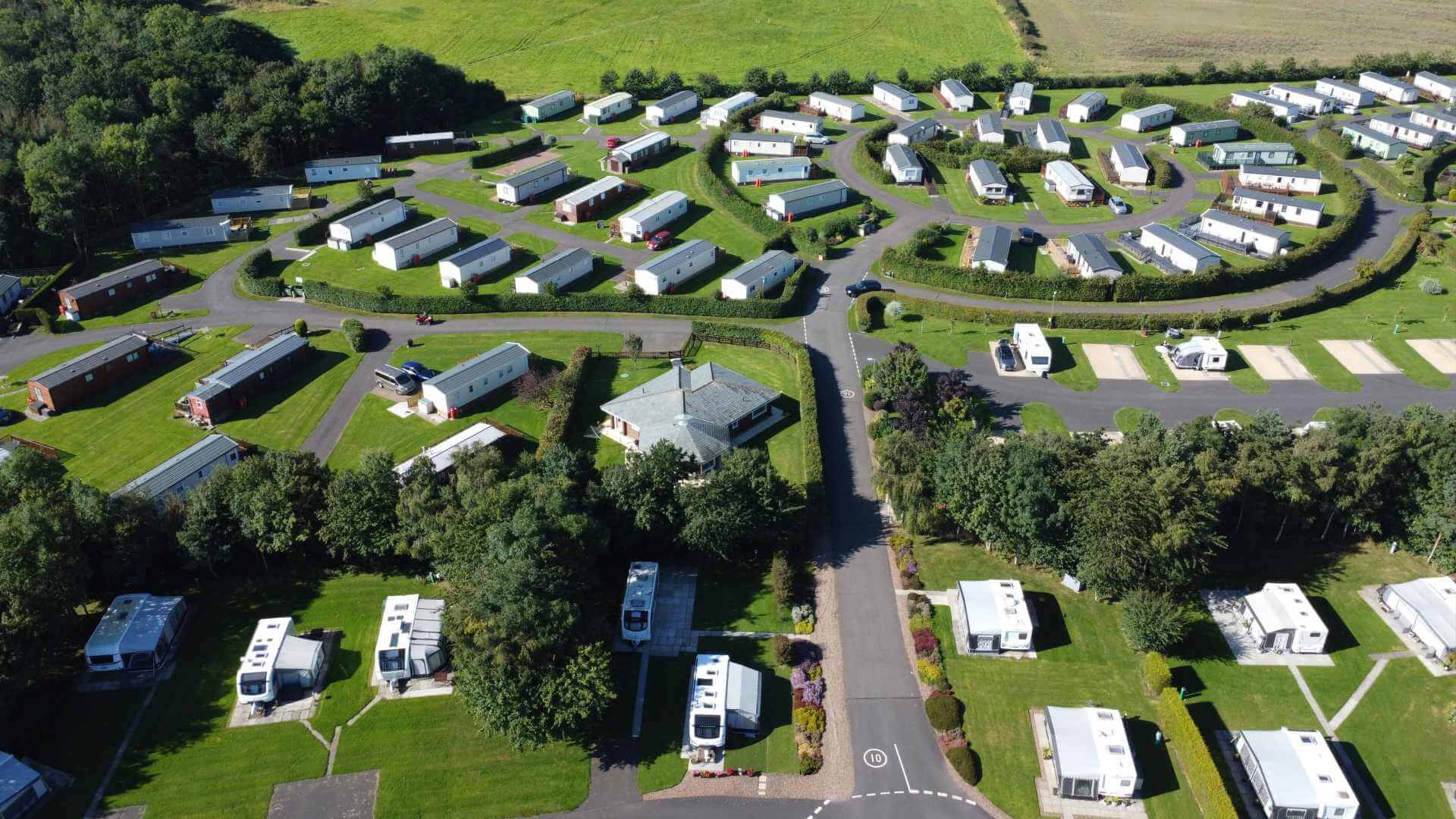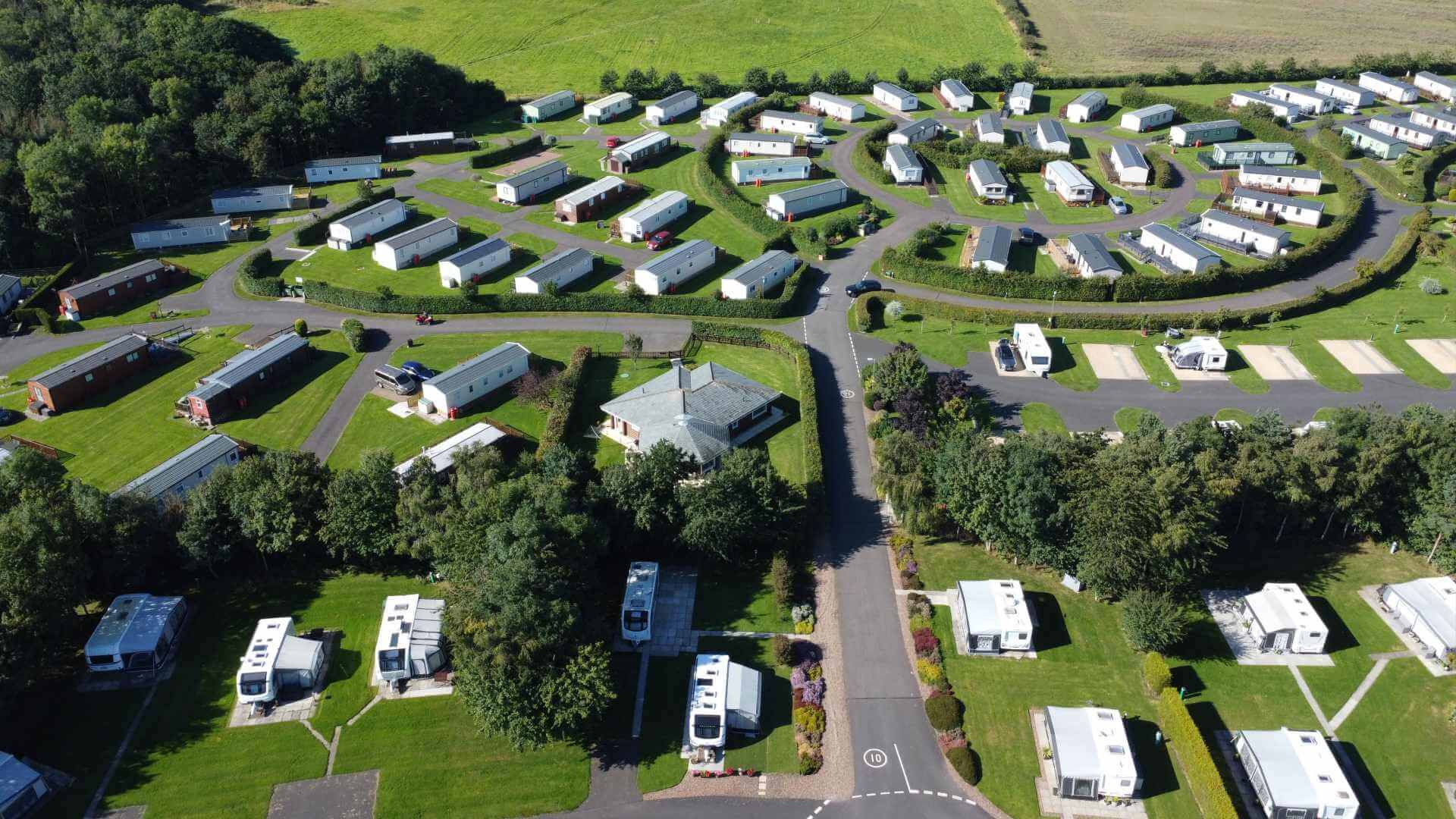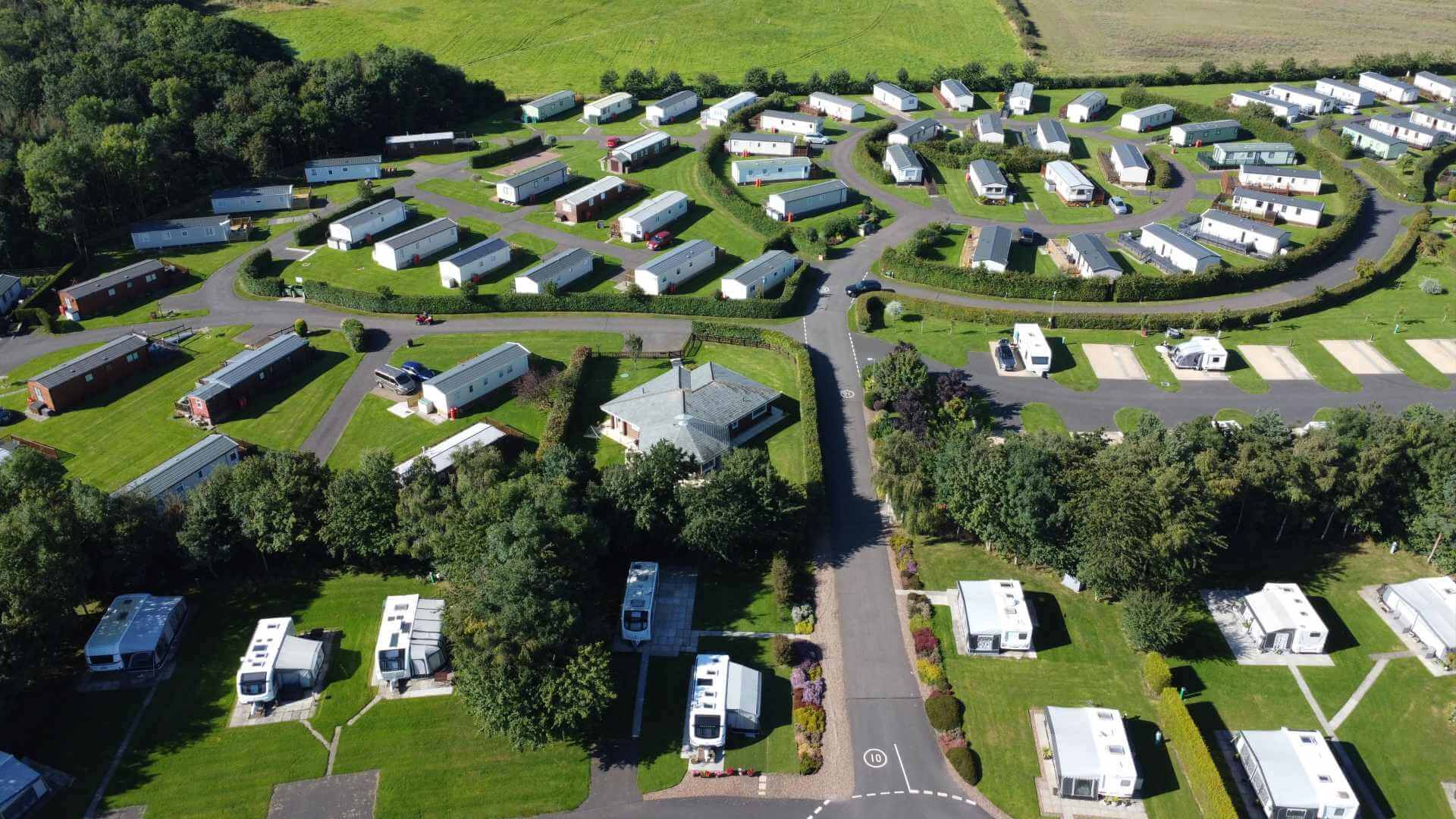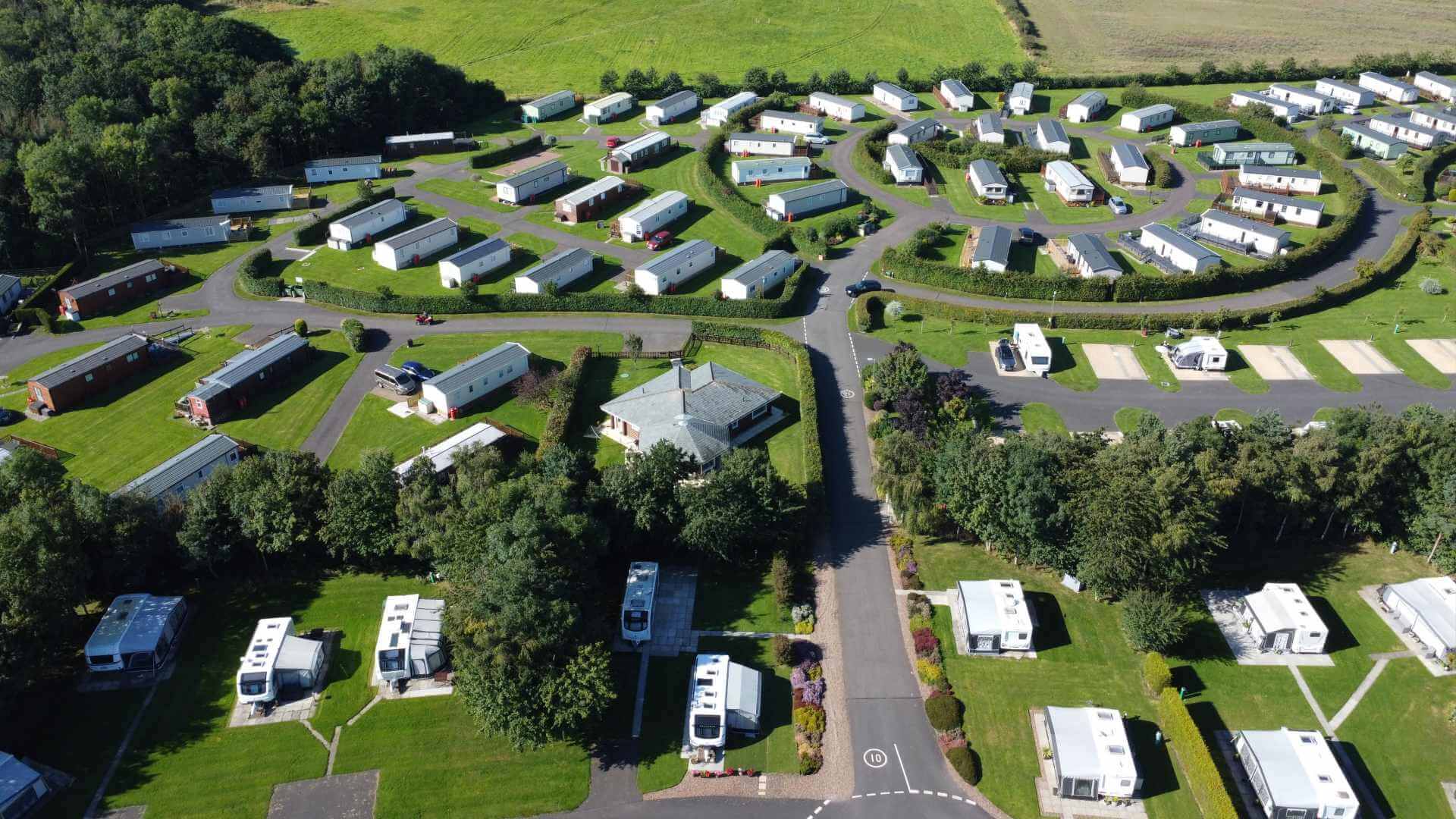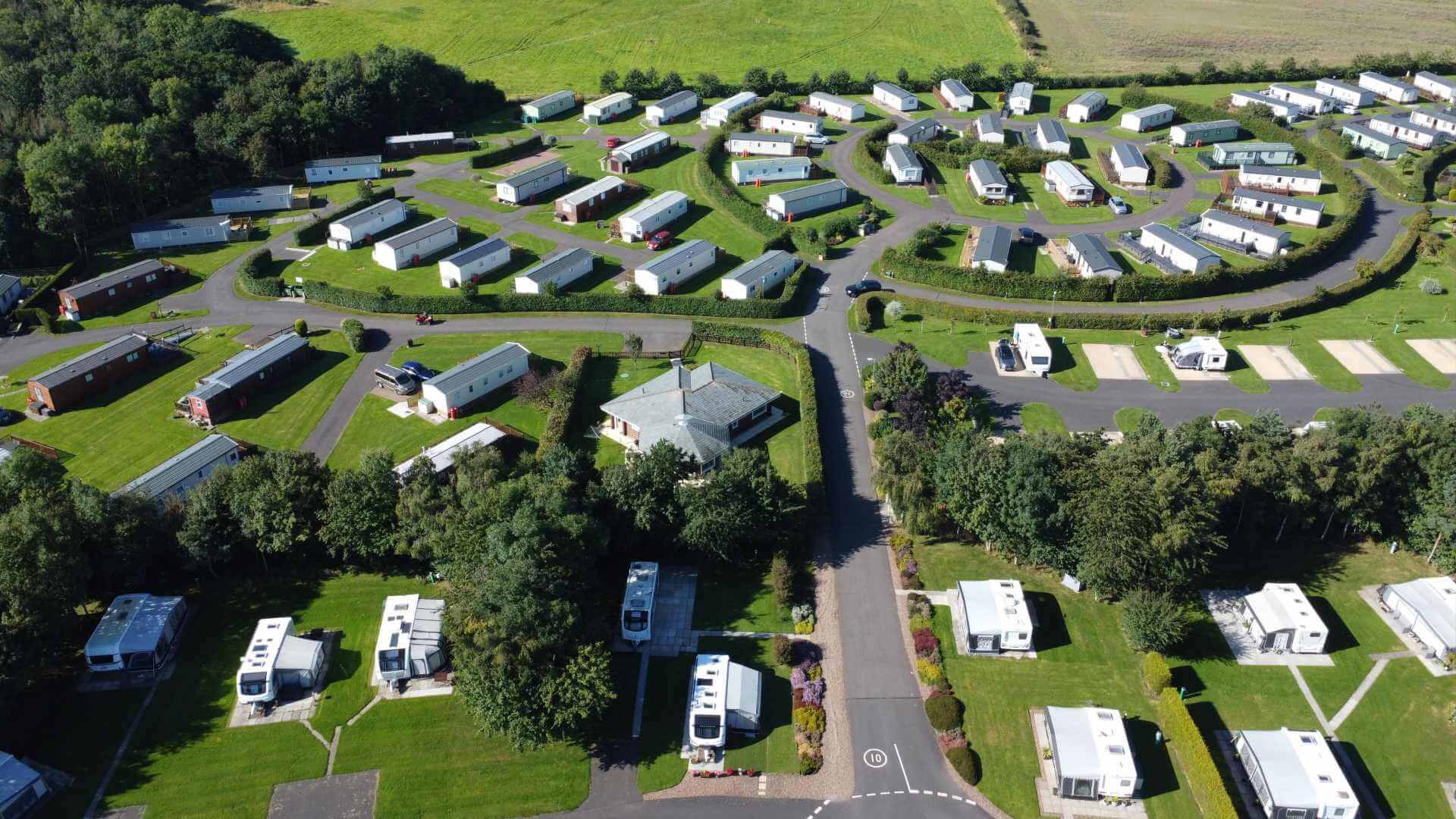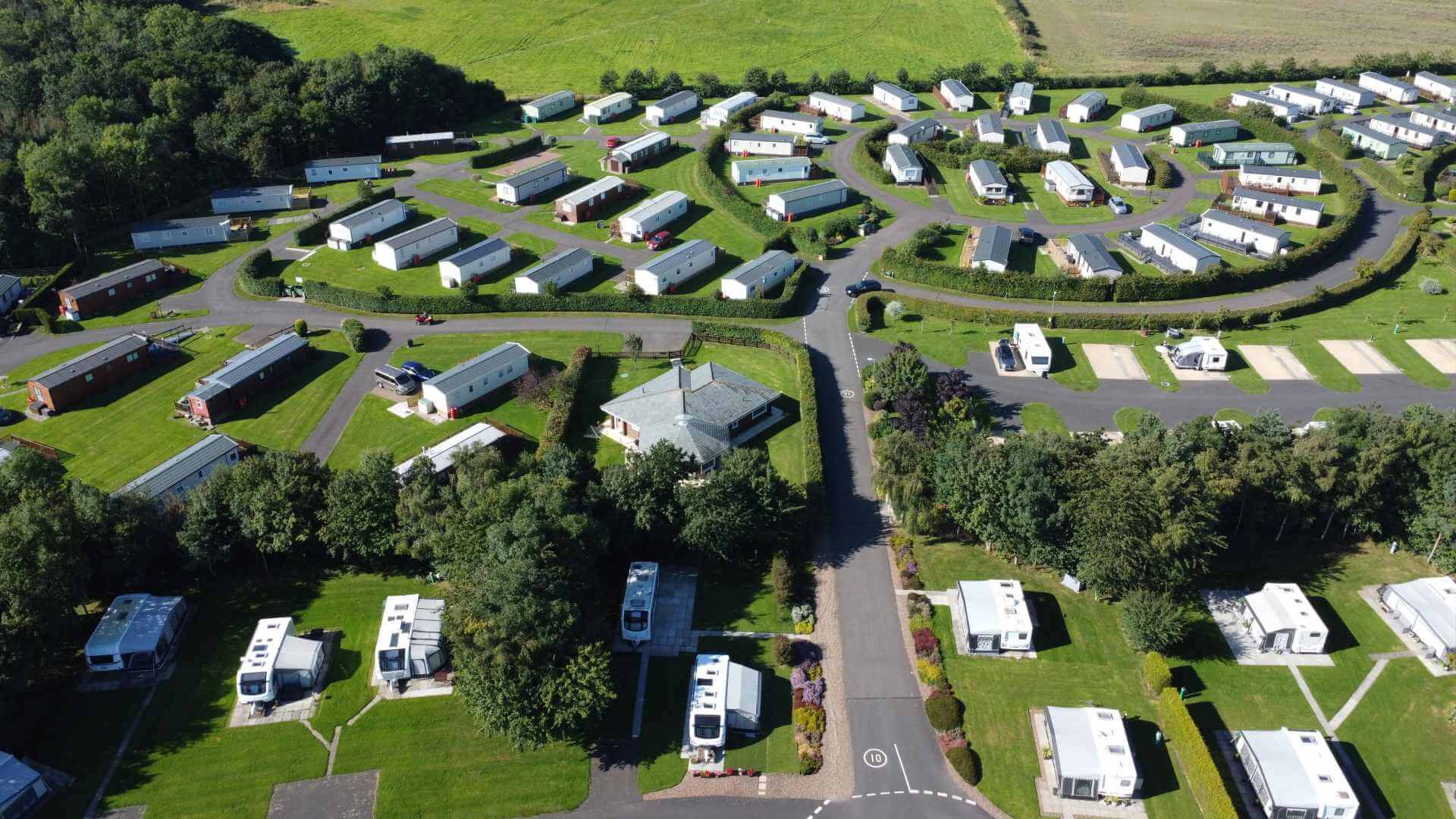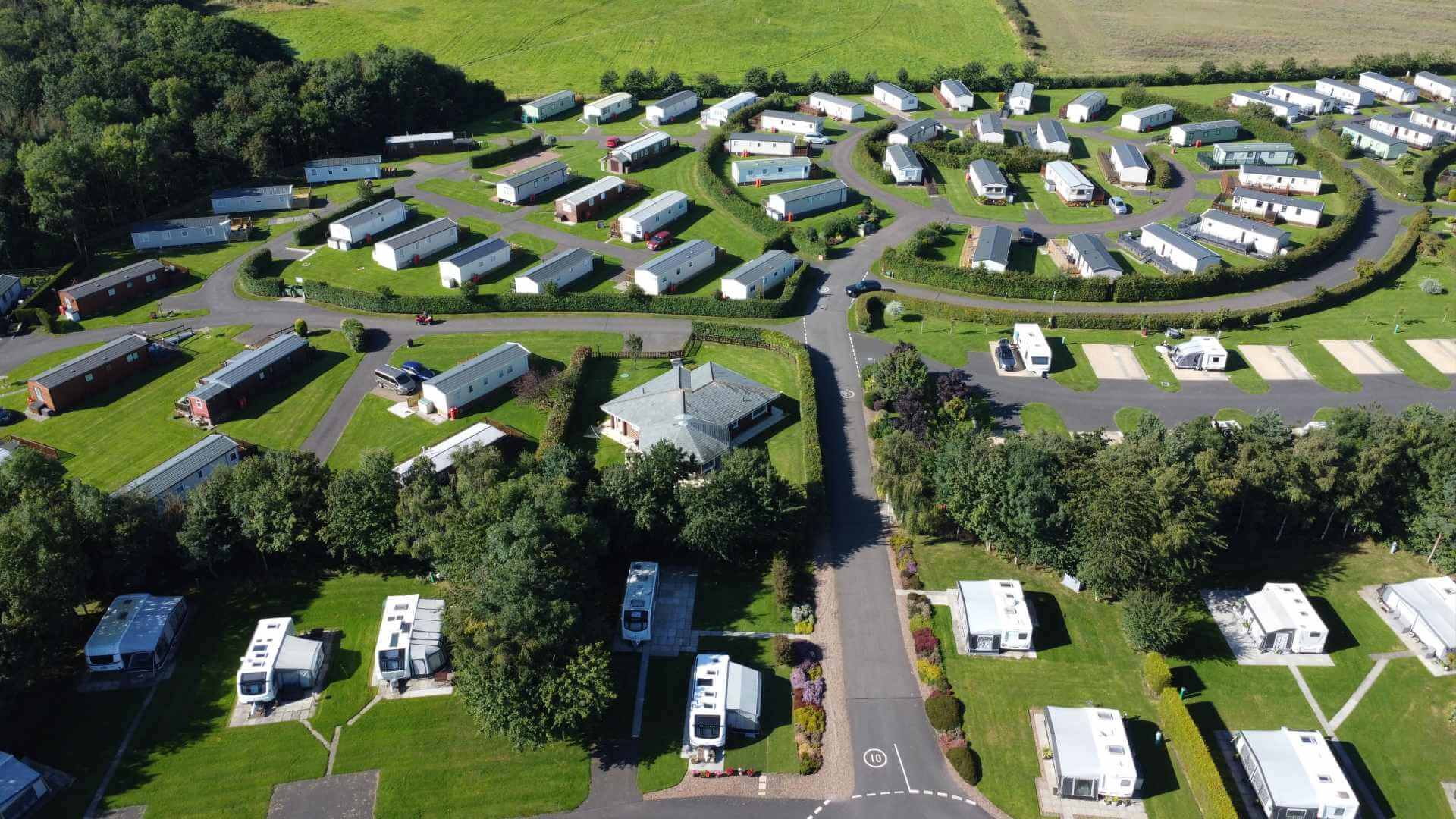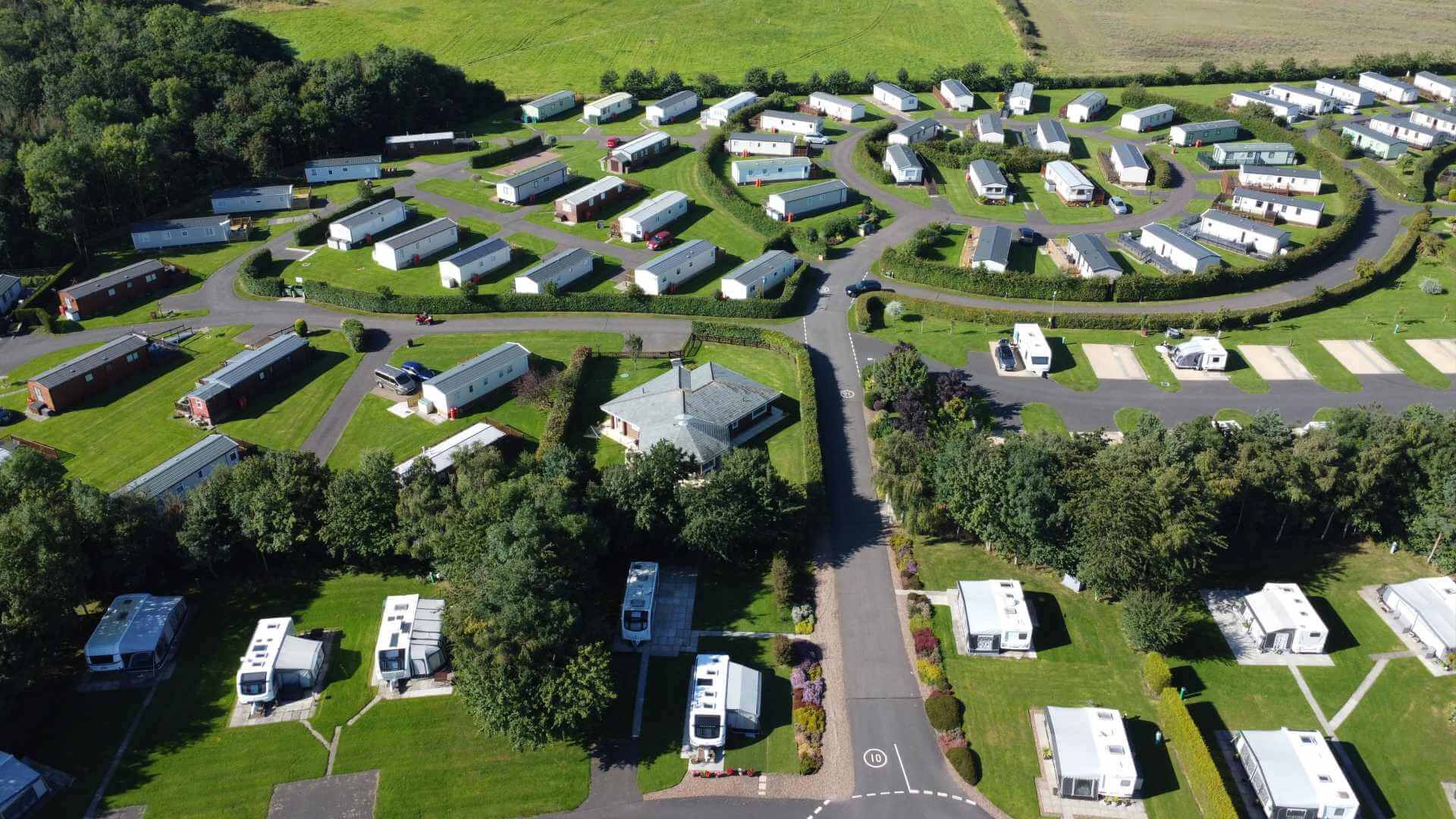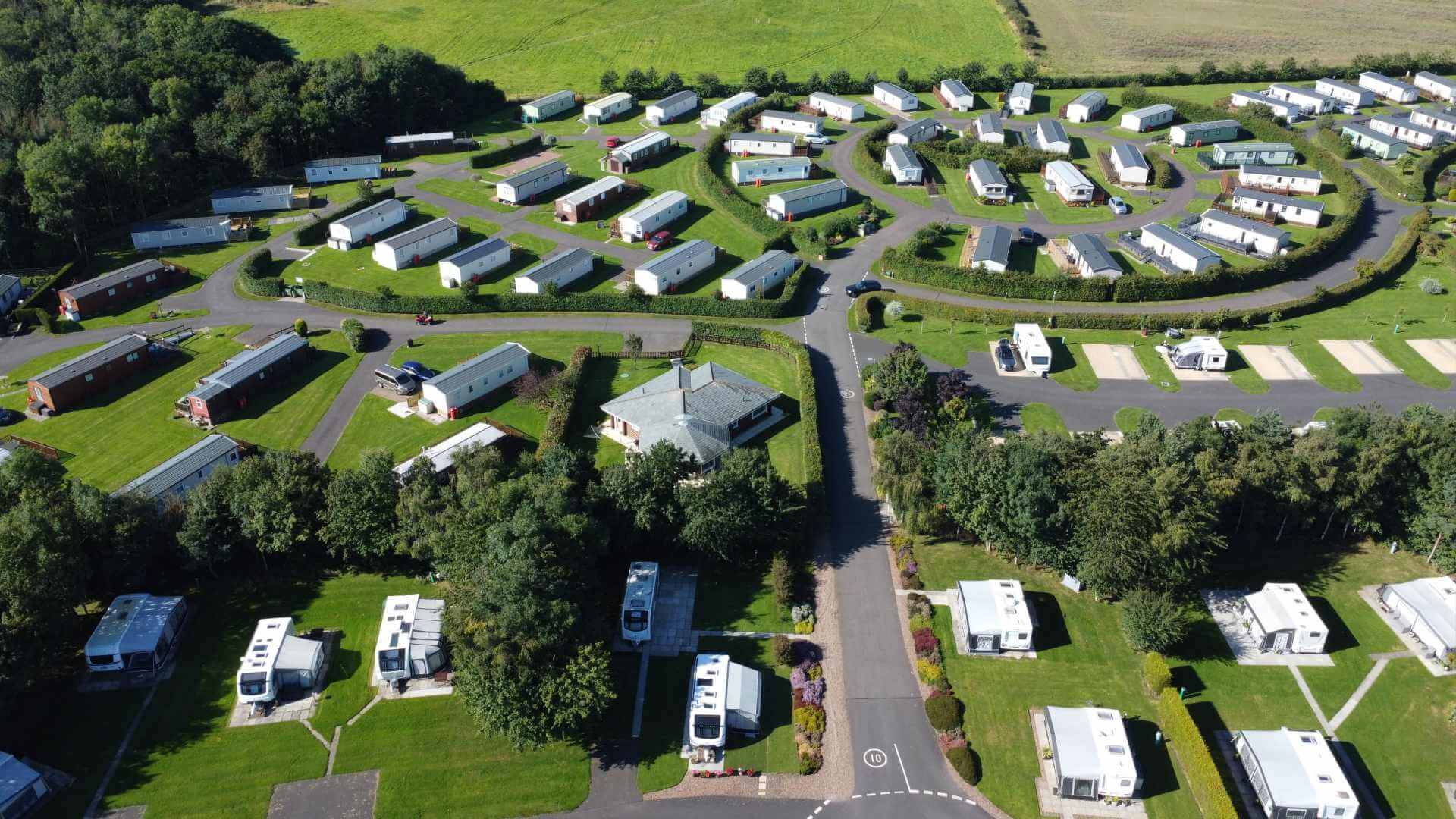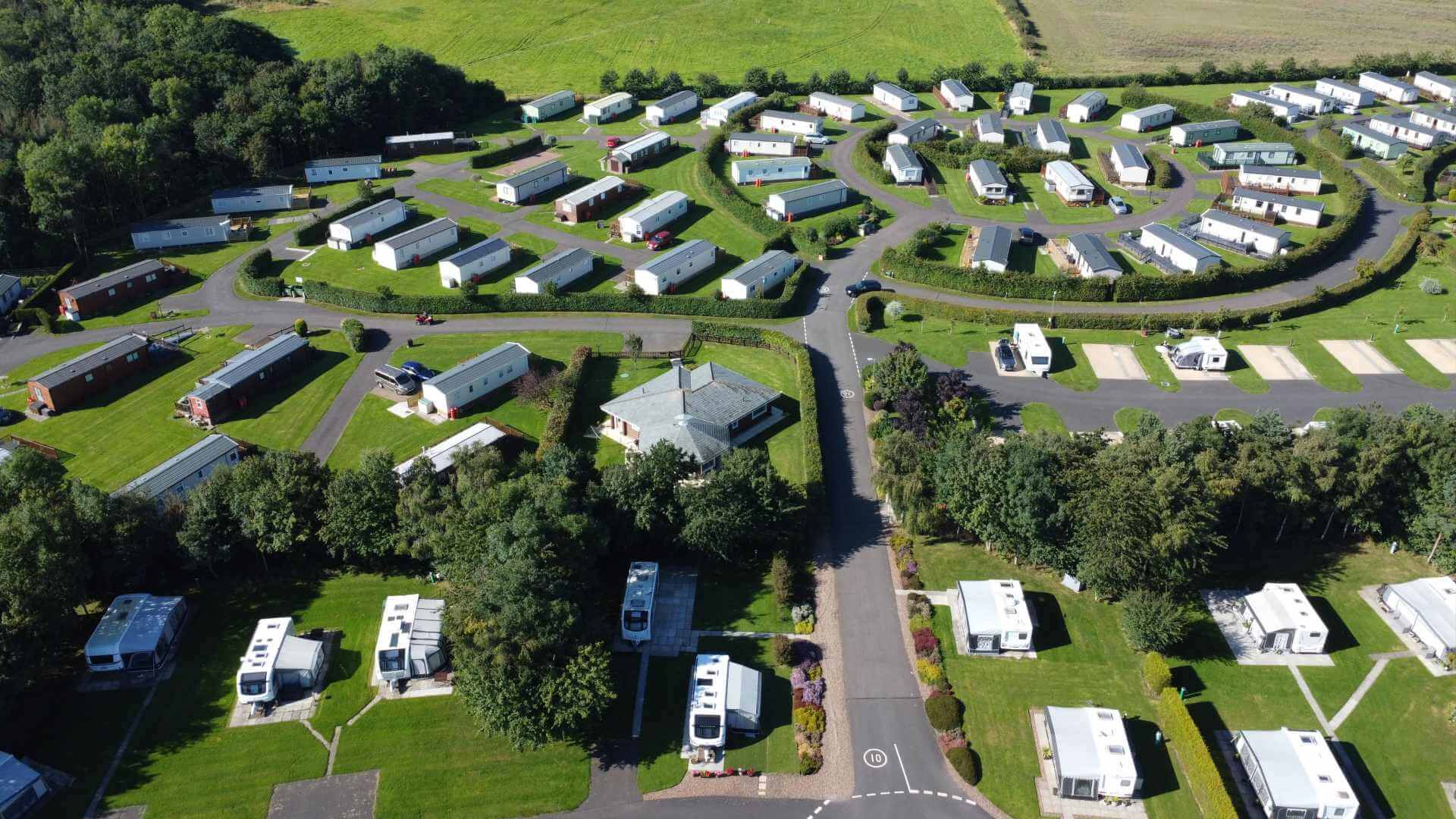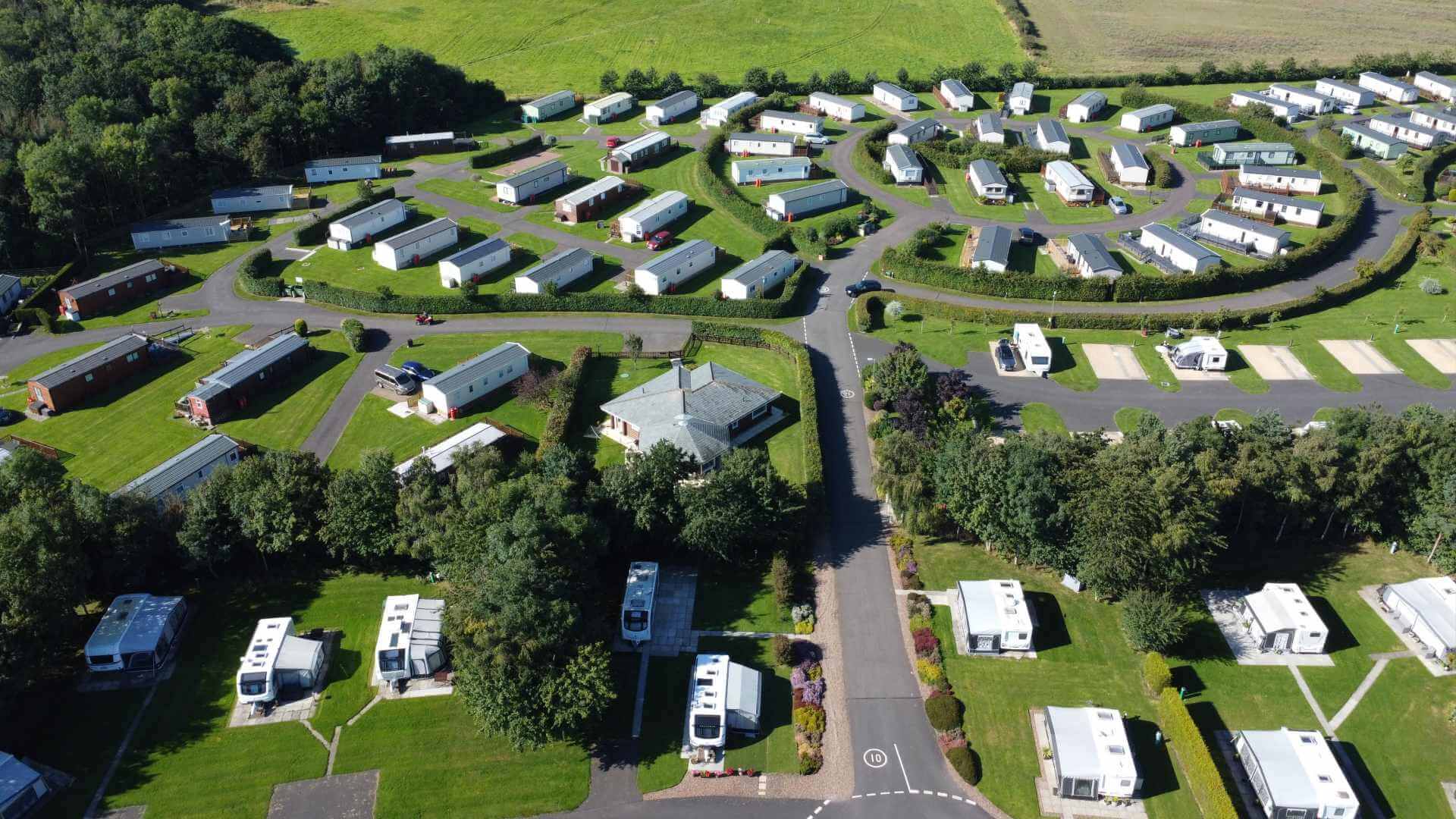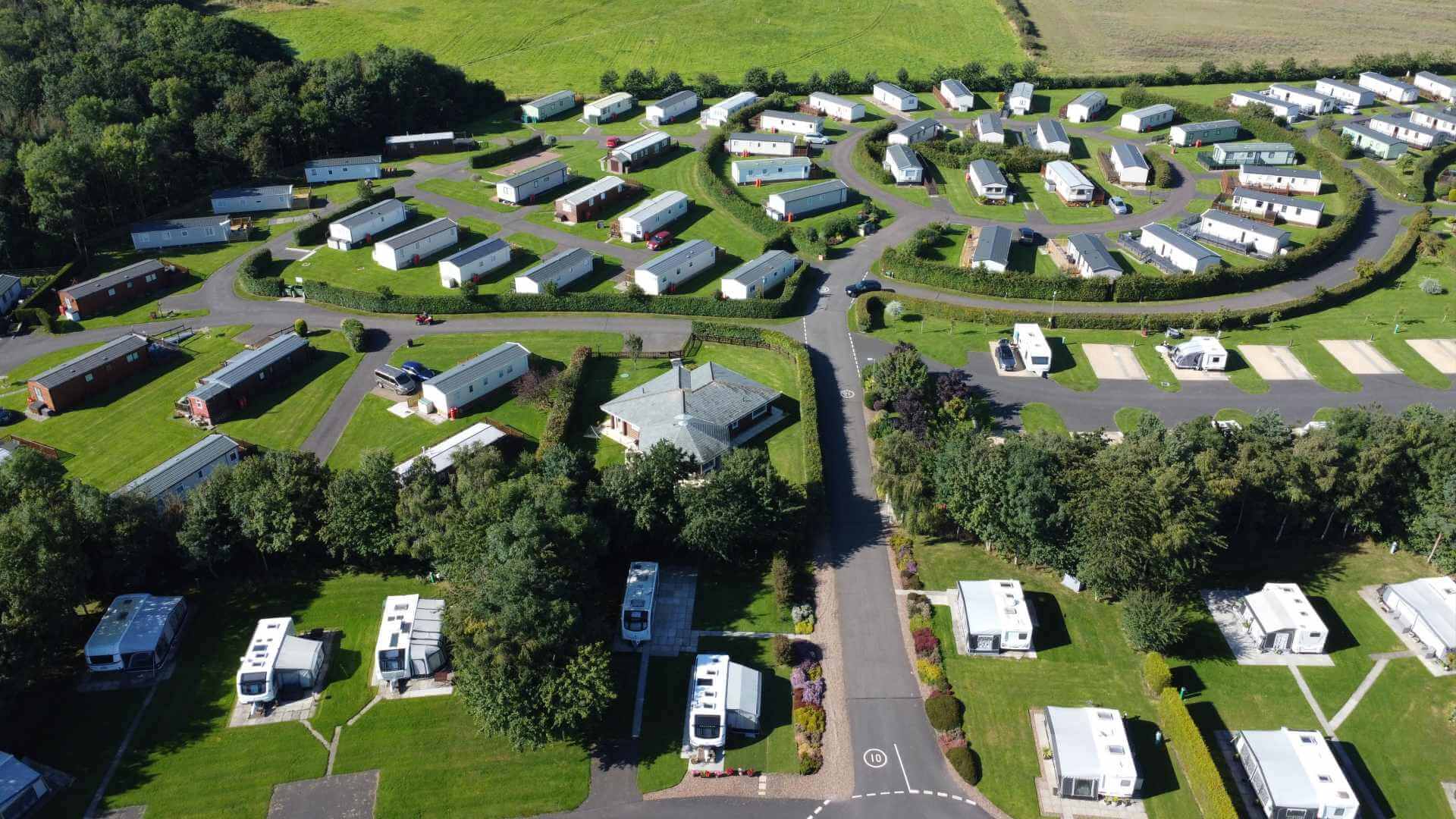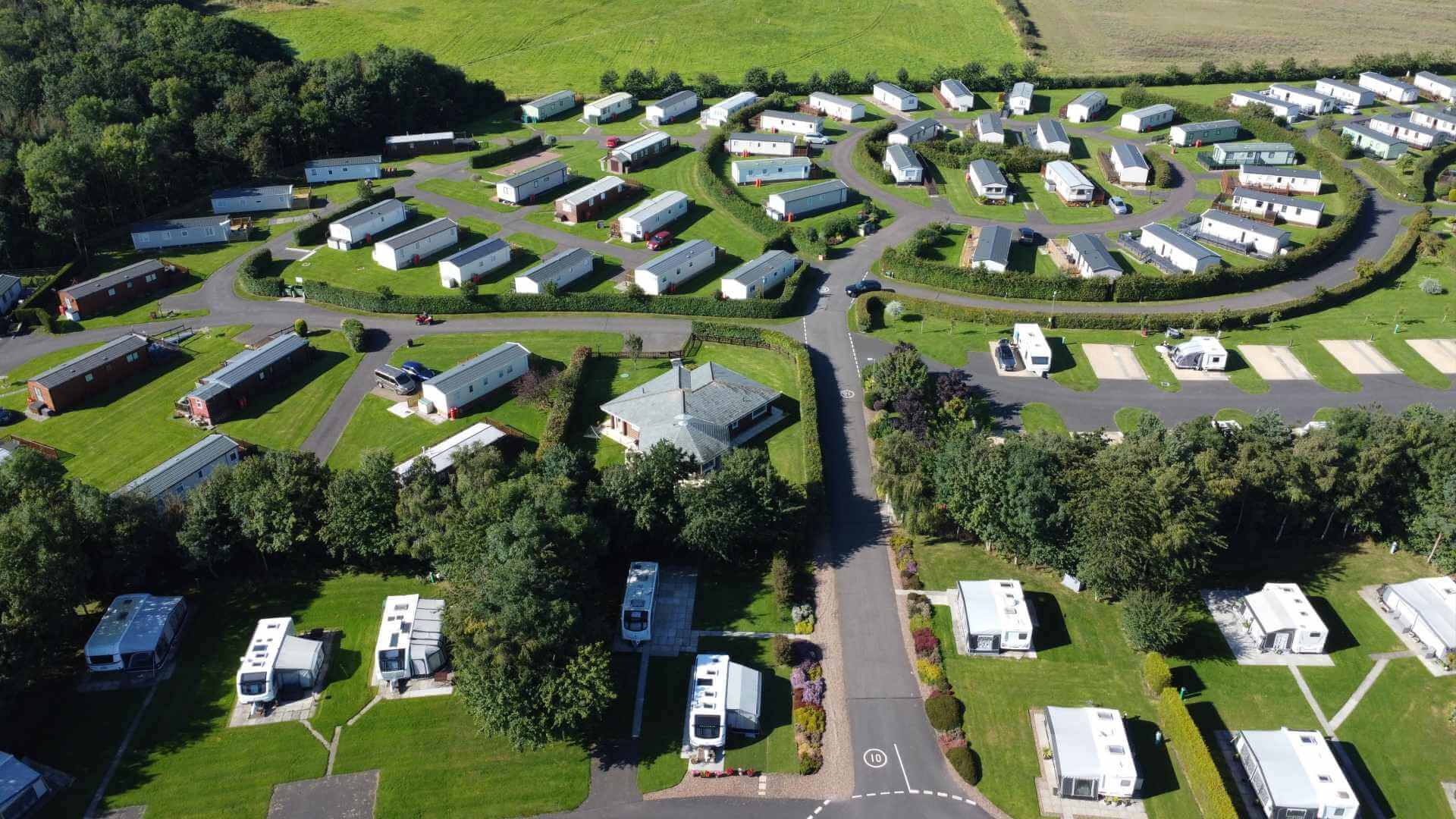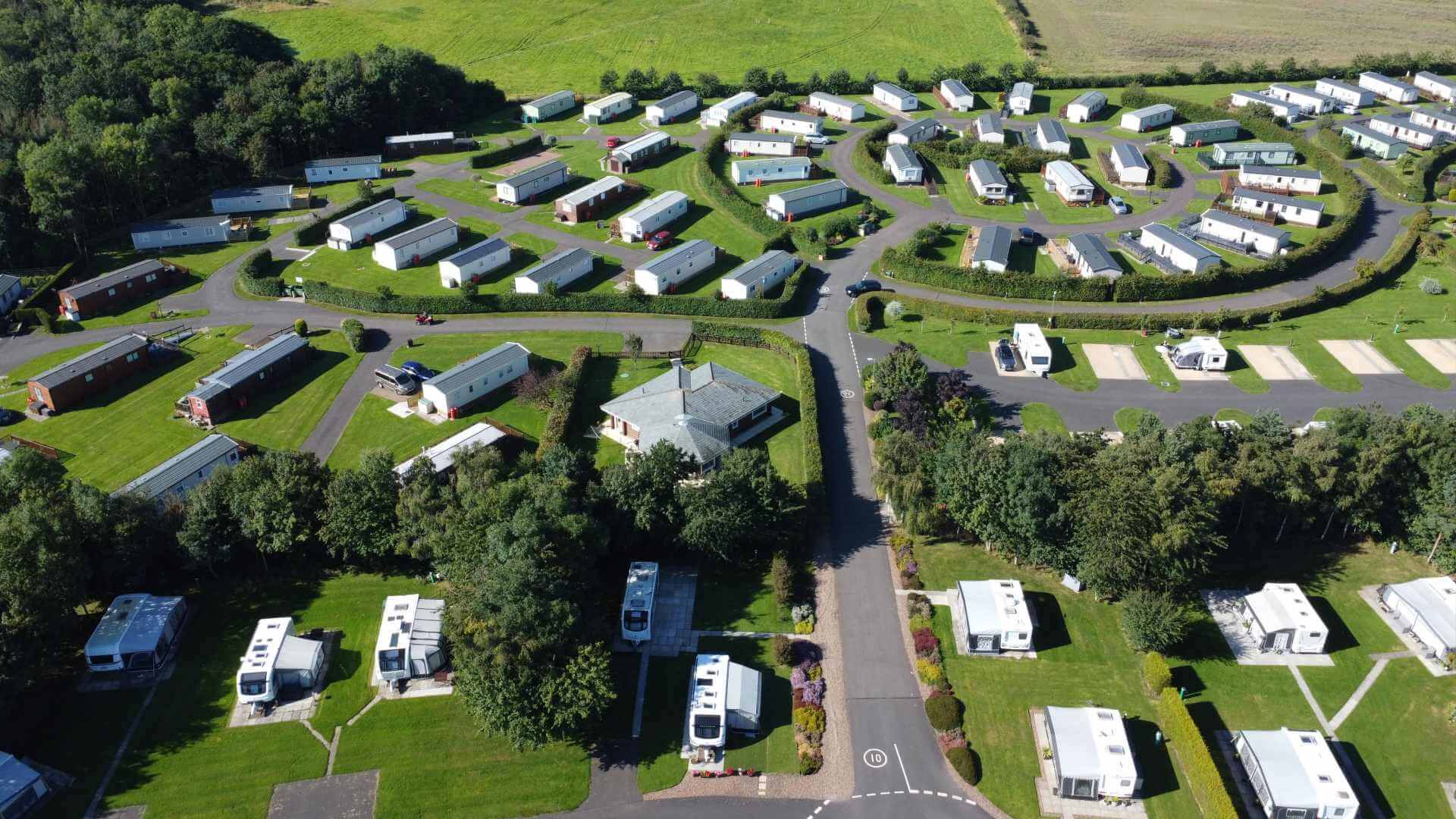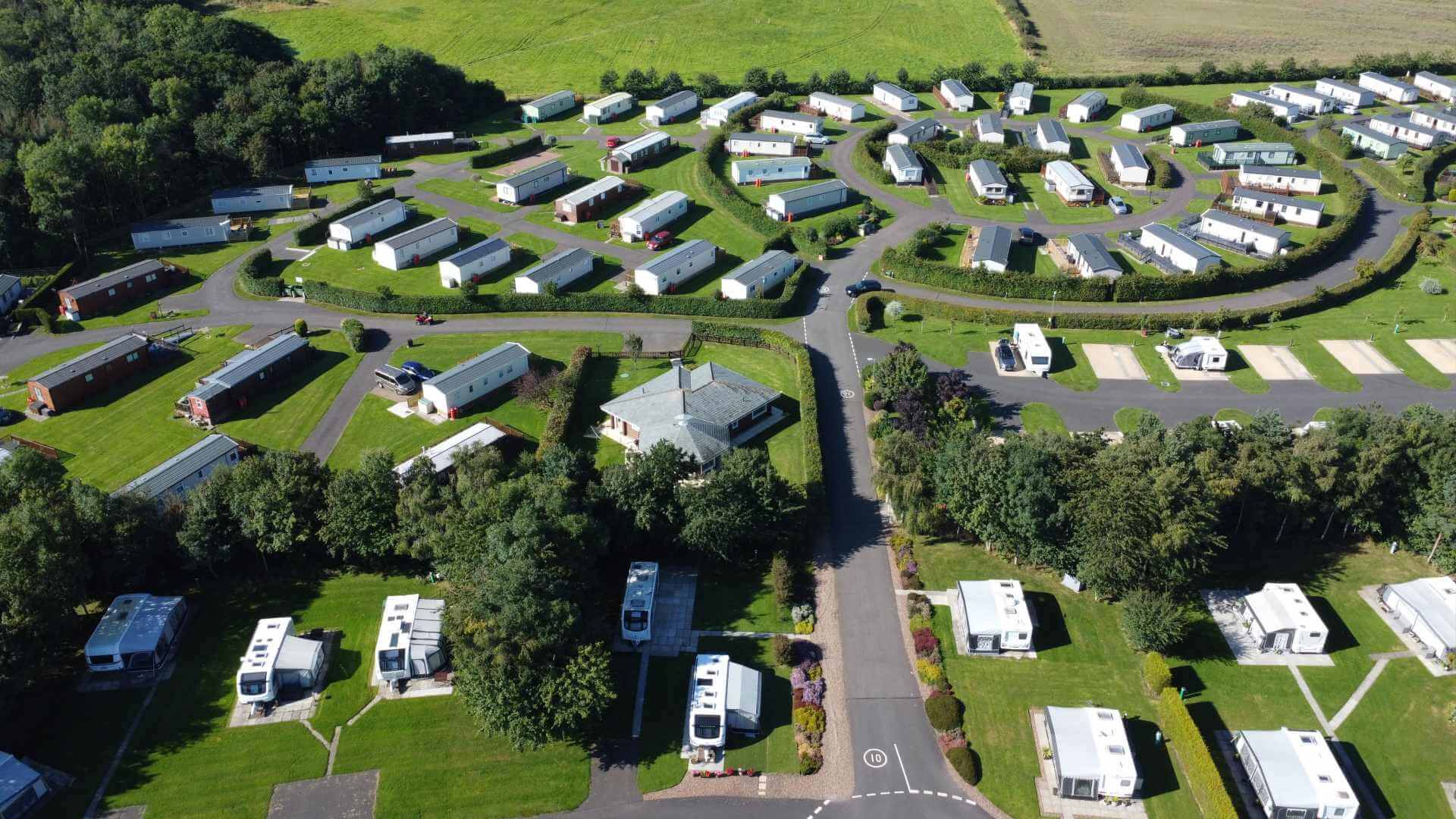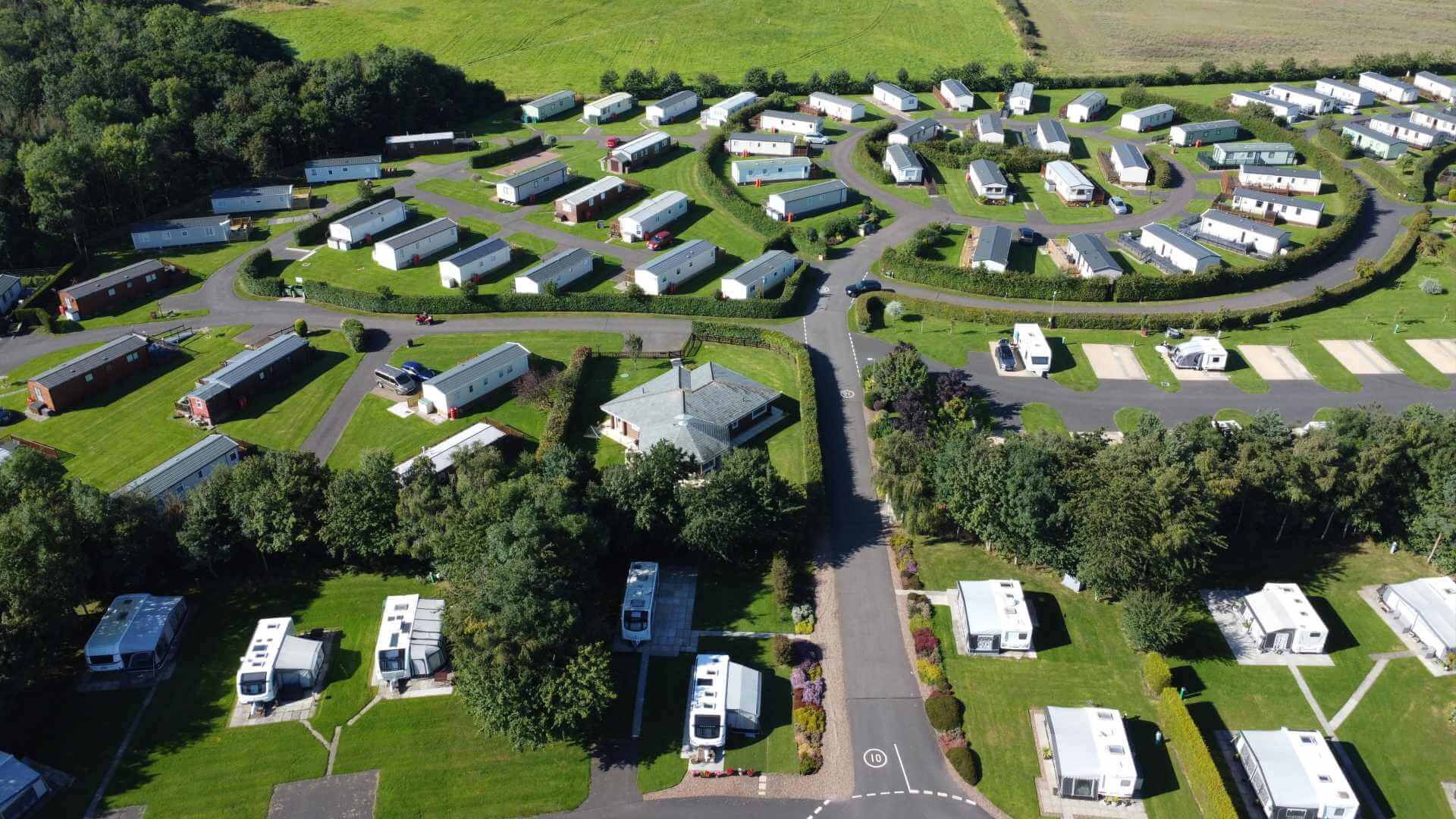Caravan parks and holiday parks face unique risks, with flooding being one of the most devastating threats to both business operations and …
Caravan Park Buildings Insurance: Essential Protection for Holiday Park Operators
Operating a caravan park involves significant investment in buildings and infrastructure that require comprehensive protection. From reception buildings and toilet blocks to entertainment facilities and maintenance workshops, caravan park operators face unique risks that standard commercial property insurance may not adequately cover. Understanding the specific insurance needs of caravan parks is crucial for protecting your business investment and ensuring continuity of operations.
What is Caravan Park Buildings Insurance?
Caravan Park Buildings Insurance is a specialized form of commercial property insurance designed specifically for holiday parks, caravan sites, and camping grounds. This coverage protects the permanent structures on your site against various perils including fire, flood, storm damage, theft, and vandalism. Unlike standard commercial property insurance, caravan park buildings insurance accounts for the unique risks associated with seasonal operations, outdoor facilities, and the transient nature of guests.
The insurance typically covers all permanent structures on the site including reception buildings, toilet and shower blocks, laundry facilities, entertainment venues, shops, restaurants, maintenance buildings, and utility structures. It also extends to site infrastructure such as roadways, drainage systems, electrical installations, and water supply networks that are essential for park operations.
Key Buildings and Structures Covered
Reception and Administration Buildings
Reception and Administration Buildings form the operational heart of any caravan park. These structures house booking systems, customer service areas, and administrative functions. Insurance coverage protects against structural damage, contents damage, and business interruption costs if these facilities become unusable.
Toilet and Shower Blocks
Toilet and Shower Blocks represent significant investment in caravan parks and face constant use throughout the operating season. Coverage includes protection against water damage, vandalism, and structural issues that could render facilities unusable, potentially affecting your ability to accommodate guests.
Entertainment and Leisure Facilities
Entertainment and Leisure Facilities such as clubhouses, games rooms, swimming pool buildings, and sports facilities require specialized coverage due to their public use nature and potential liability exposures. Insurance protects against structural damage and covers the cost of temporary alternative arrangements if facilities are damaged.
Commercial Buildings
Commercial Buildings including shops, restaurants, takeaways, and bars on-site need coverage for both the structure and specialized equipment. This includes protection for commercial kitchens, refrigeration systems, and point-of-sale equipment that may be integral to the building's function.
Maintenance and Storage Buildings
Maintenance and Storage Buildings house essential equipment for park operations including groundskeeping machinery, cleaning supplies, and maintenance tools. Coverage protects both the structure and contents that are vital for ongoing site maintenance.
Utility Buildings and Infrastructure
Utility Buildings and Infrastructure including electrical substations, pump houses, waste management facilities, and communication equipment require specialized coverage due to their critical role in park operations and potential environmental liabilities.
Unique Risks Facing Caravan Parks
Weather-Related Damage
Weather-Related Damage poses significant risks to caravan park buildings due to their often exposed coastal or rural locations. Storm damage, flooding, and high winds can cause extensive damage to buildings and infrastructure. Seasonal weather patterns can concentrate risks during peak operating periods when business interruption would be most costly.
Fire Risk
Fire Risk is heightened in caravan parks due to the combination of temporary electrical connections, cooking facilities in caravans, and outdoor activities. Buildings may face increased risk from fires that start in caravans or from outdoor activities like barbecues and campfires.
Vandalism and Theft
Vandalism and Theft risks are elevated due to the semi-public nature of caravan parks and the seasonal closure of many facilities. Unoccupied buildings during off-season periods may be particularly vulnerable to break-ins and vandalism.
Water Damage
Water Damage can occur from multiple sources including burst pipes during winter closure periods, flooding from nearby water sources, or damage to water supply infrastructure. The extensive plumbing networks required for toilet blocks and utility supplies create multiple potential failure points.
Public Access Risks
Public Access Risks arise from the constant flow of visitors who may cause accidental damage to buildings through misuse of facilities or accidents. The temporary nature of guests means less familiarity with site layouts and safety procedures.
Seasonal Operation Challenges
Seasonal Operation Challenges include the need to winterize buildings and systems during closure periods, potential for freeze damage, and the concentration of maintenance activities during short off-season periods when access for repairs may be limited.
Essential Coverage Components
Building Structure Protection
Building Structure Protection covers the physical structure of all permanent buildings against insured perils. This includes walls, roofs, foundations, and integral fixtures and fittings. Coverage should account for the specific construction methods and materials used in caravan park buildings, which may differ from standard commercial construction.
Contents and Equipment Coverage
Contents and Equipment Coverage protects moveable items within buildings including furniture, equipment, and supplies. For caravan parks, this includes specialized equipment such as laundry machines, entertainment equipment, commercial kitchen appliances, and maintenance tools.
Business Interruption Insurance
Business Interruption Insurance provides crucial protection if buildings are damaged and cannot be used for their intended purpose. For caravan parks, this coverage is particularly important given the seasonal nature of operations and the potential for damage during peak earning periods.
Alternative Accommodation Coverage
Alternative Accommodation Coverage may be necessary if damage to essential facilities like toilet blocks requires providing temporary alternatives to maintain operations. This specialized coverage helps with the cost of portable facilities or alternative arrangements.
Debris Removal and Site Clearance
Debris Removal and Site Clearance coverage addresses the potentially significant costs of cleaning up after damage, particularly important for caravan parks where debris could affect large areas of the site and impact guest safety.
Loss of Rent or Pitch Fees
Loss of Rent or Pitch Fees coverage protects against lost income if damage to buildings affects your ability to rent pitches or provide essential services that guests expect as part of their stay.
Factors Affecting Insurance Premiums
Location and Environmental Risks
Location and Environmental Risks significantly impact premiums, with coastal locations, flood-prone areas, and regions with extreme weather patterns typically facing higher costs. The proximity to emergency services and the accessibility of the site for emergency response also influence pricing.
Building Construction and Age
Building Construction and Age affect premiums, with modern construction using fire-resistant materials and proper foundations typically receiving more favorable rates. Older buildings or those constructed with higher-risk materials may face higher premiums or require upgrades.
Security Measures
Security Measures including CCTV systems, security lighting, alarm systems, and on-site security presence can help reduce premiums by demonstrating risk mitigation efforts. Secure storage for valuable equipment and proper site access controls are also beneficial.
Fire Prevention Systems
Fire Prevention Systems such as smoke detection, fire alarms, sprinkler systems, and proper fire separation between buildings can significantly impact premiums. The availability of fire hydrants and emergency vehicle access are also important factors.
Maintenance Standards
Maintenance Standards and site management practices influence risk assessment. Well-maintained buildings with regular inspection schedules and prompt attention to repairs demonstrate lower risk profiles to insurers.
Claims History
Claims History affects future premiums, making it important to implement risk management strategies and maintain detailed records of maintenance and safety procedures.
Risk Management Strategies
Regular Building Inspections
Regular Building Inspections should be conducted to identify potential issues before they become major problems. This includes checking roofs, guttering, electrical systems, plumbing, and structural elements. Seasonal inspections before and after closure periods are particularly important.
Preventive Maintenance Programs
Preventive Maintenance Programs help avoid many common causes of claims. This includes regular servicing of heating systems, clearing gutters and drains, maintaining electrical systems, and addressing minor repairs promptly before they escalate.
Security Enhancements
Security Enhancements including proper lighting, CCTV coverage, secure locks, and alarm systems help deter vandalism and theft. Consider motion-activated lighting and security patrols during closure periods.
Fire Prevention Measures
Fire Prevention Measures should include proper storage of flammable materials, regular electrical system inspections, maintenance of fire detection and suppression systems, and clear emergency access routes for fire services.
Weather Protection
Weather Protection involves securing loose items before storms, maintaining drainage systems to prevent flooding, and winterizing buildings properly during closure periods. Consider wind-resistant construction techniques for new buildings.
Staff Training
Staff Training ensures that employees understand their role in risk management, including proper use of equipment, recognition of potential hazards, and appropriate response to emergencies.
Choosing the Right Insurance Provider
Industry Specialization
Industry Specialization is crucial when selecting insurance for caravan parks. Look for insurers who understand the unique risks and operational patterns of holiday parks and can provide tailored coverage rather than generic commercial property insurance.
Coverage Flexibility
Coverage Flexibility should allow for seasonal adjustments, varying occupancy levels, and the specific mix of facilities on your site. The policy should be adaptable to changes in your business operations or facility additions.
Claims Handling Experience
Claims Handling Experience in the caravan park sector is important for ensuring smooth claims processes and understanding of the urgency required during peak season incidents. Look for insurers with dedicated commercial claims teams.
Risk Management Support
Risk Management Support from insurers can provide valuable guidance on reducing risks and potentially lowering premiums. This might include site surveys, safety recommendations, and access to risk management resources.
Financial Stability
Financial Stability of the insurer ensures they can meet their obligations in the event of major claims. Check insurer ratings and financial strength before making decisions based solely on premium costs.
Additional Considerations
Seasonal Variations
Seasonal Variations in coverage may be appropriate for caravan parks that close during winter months. However, ensure that adequate protection remains in place for weather-related risks and vandalism during closure periods.
Planning Permission and Building Regulations
Planning Permission and Building Regulations compliance can affect insurance coverage. Ensure all buildings have proper approvals and meet current building standards to avoid coverage disputes.
Environmental Liability
Environmental Liability considerations may be important for caravan parks, particularly regarding waste management facilities, fuel storage, and potential contamination risks.
Public Liability Integration
Public Liability Integration ensures that your buildings insurance works effectively with your public liability coverage, avoiding gaps or overlaps that could leave you exposed.
Conclusion
Caravan Park Buildings Insurance is a critical investment for protecting the substantial assets that make your holiday park operation possible. The unique risks facing caravan parks require specialized coverage that goes beyond standard commercial property insurance. By understanding these risks and working with experienced insurers who specialize in the leisure industry, you can ensure comprehensive protection for your buildings and infrastructure.
The key to effective coverage lies in accurate assessment of your specific risks, appropriate coverage limits, and ongoing risk management practices. Regular review of your insurance arrangements ensures that coverage keeps pace with changes to your facilities and business operations.
For caravan park operators seeking comprehensive buildings insurance, professional advice from specialists in leisure industry insurance can help identify the most appropriate coverage options and ensure that your significant investment in park infrastructure is properly protected against the wide range of risks you face.


 0330 127 2333
0330 127 2333
